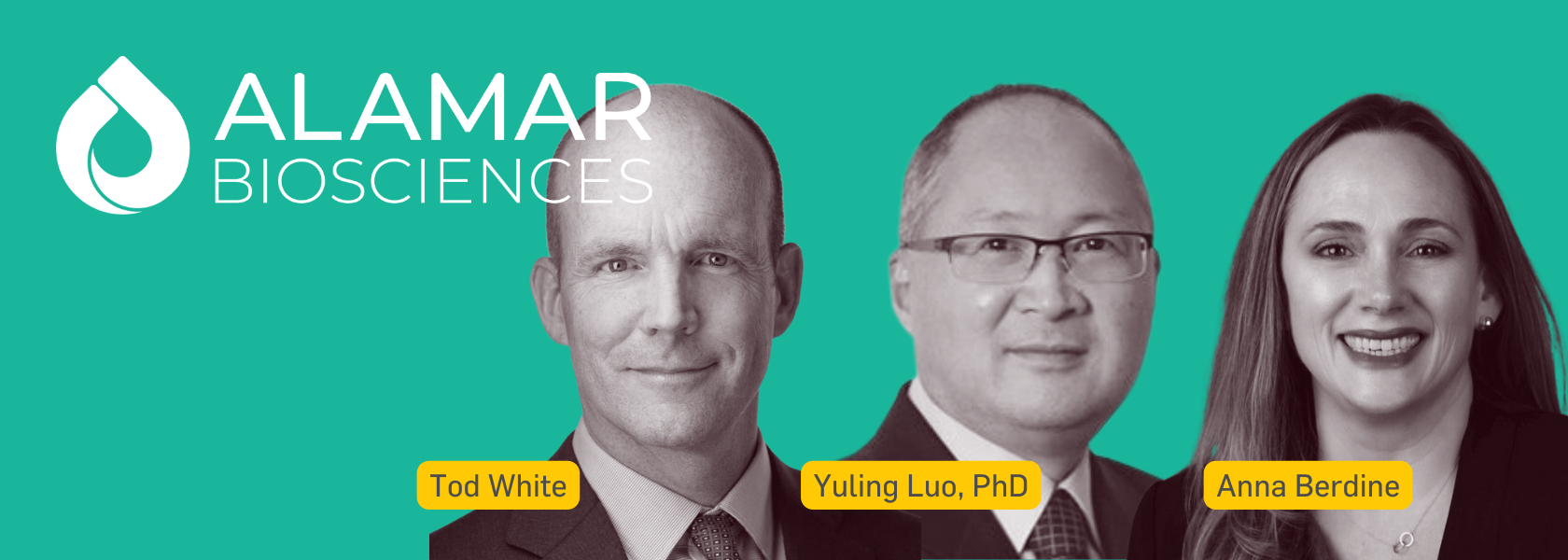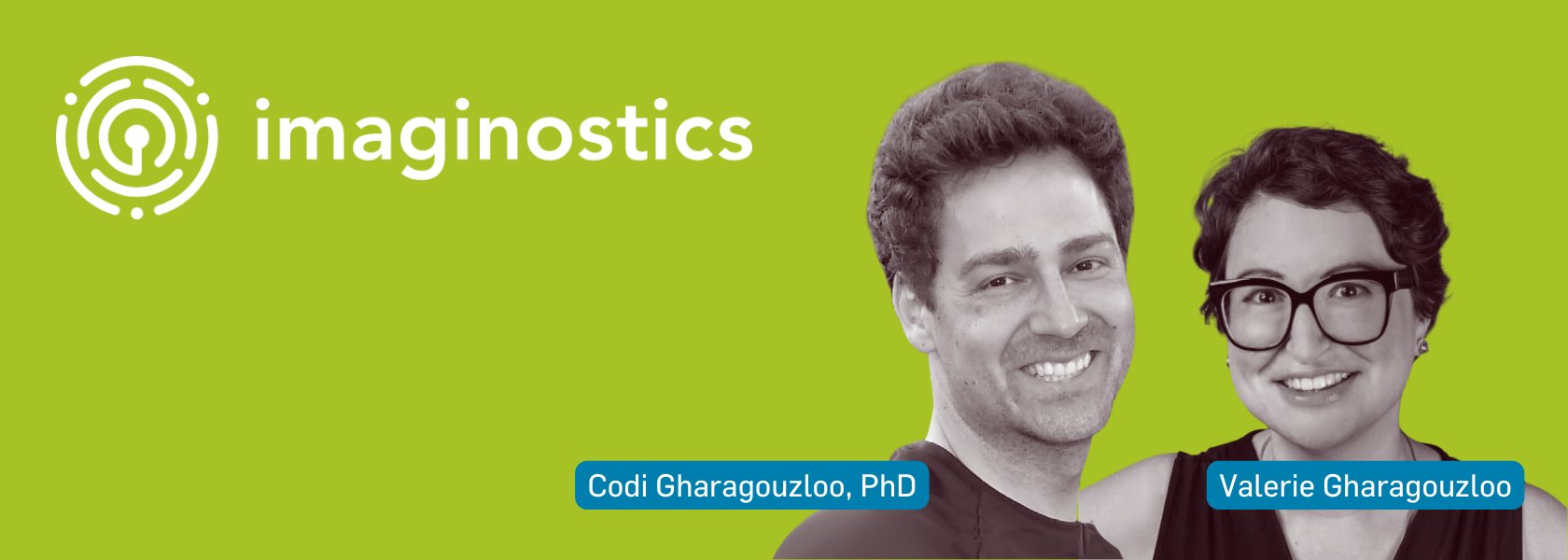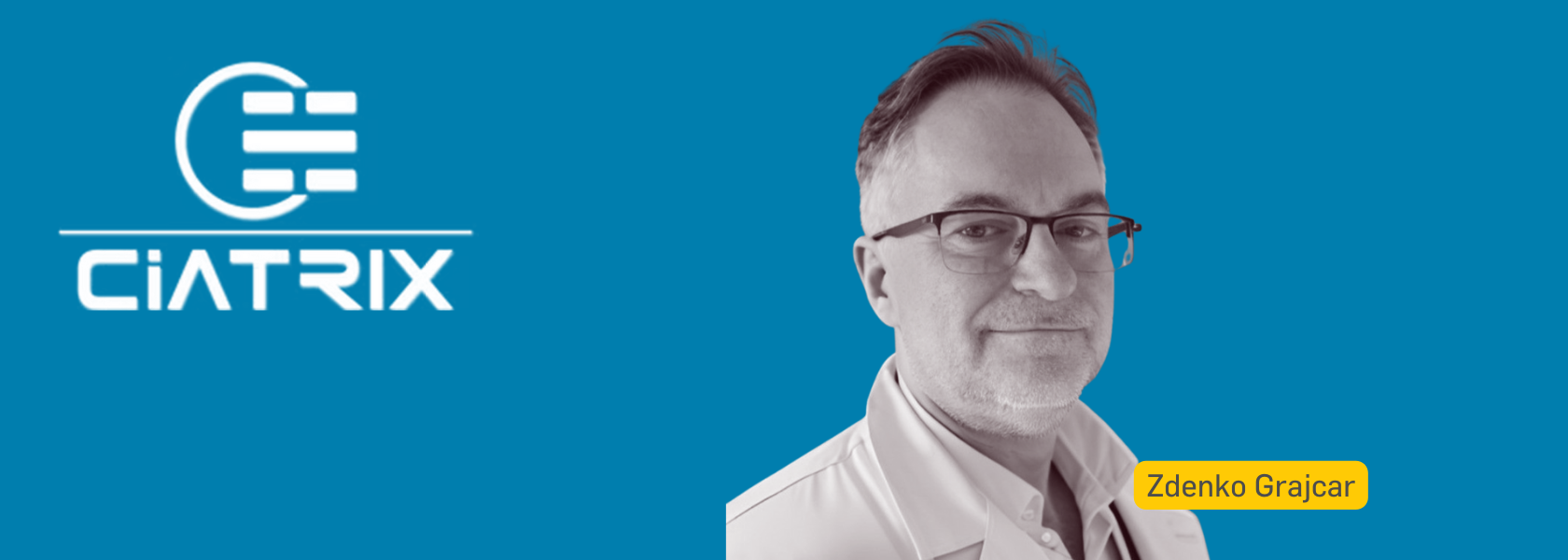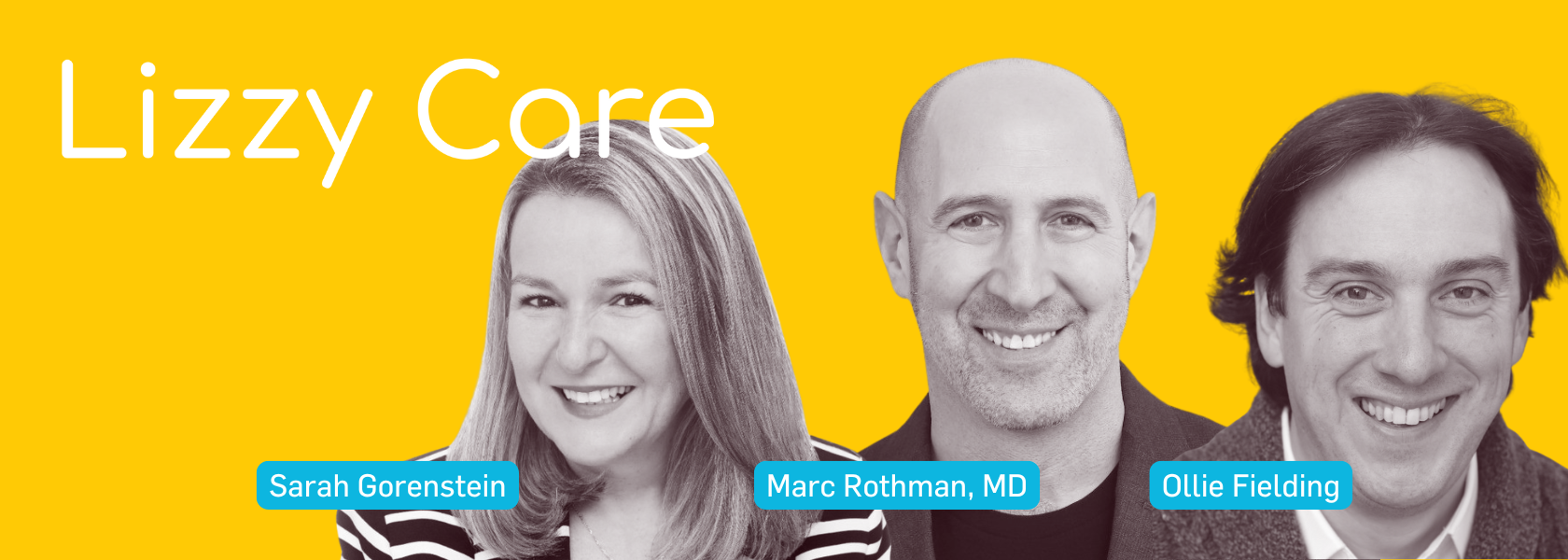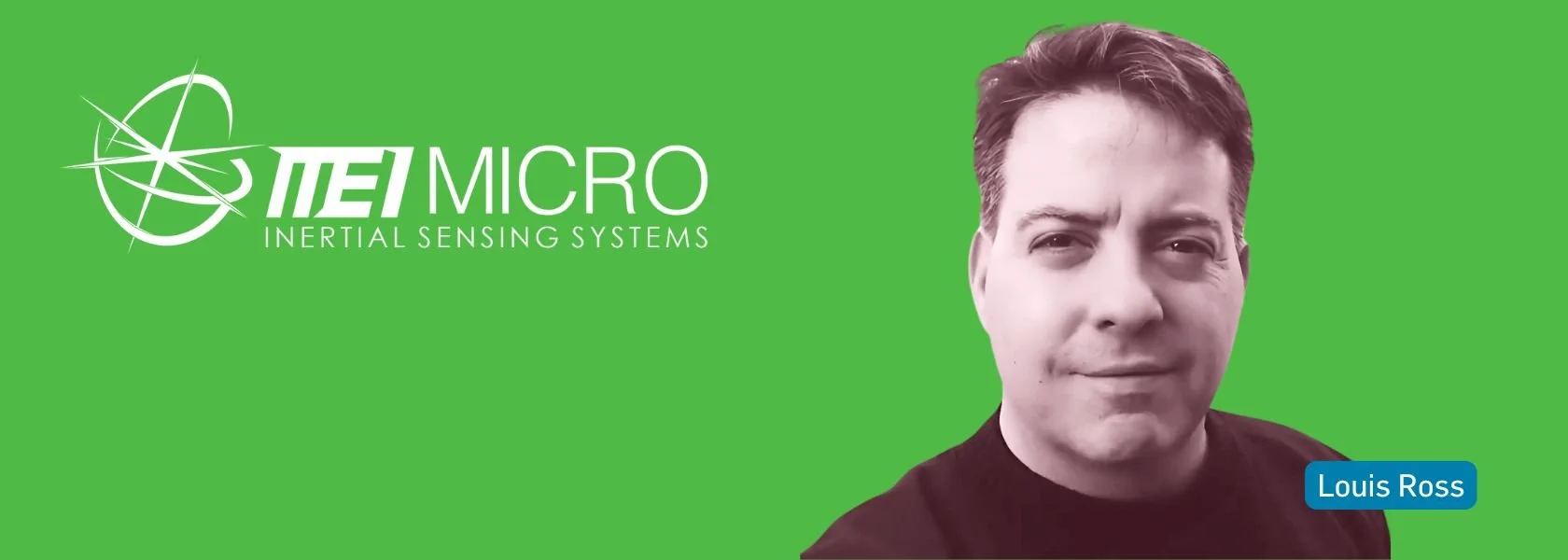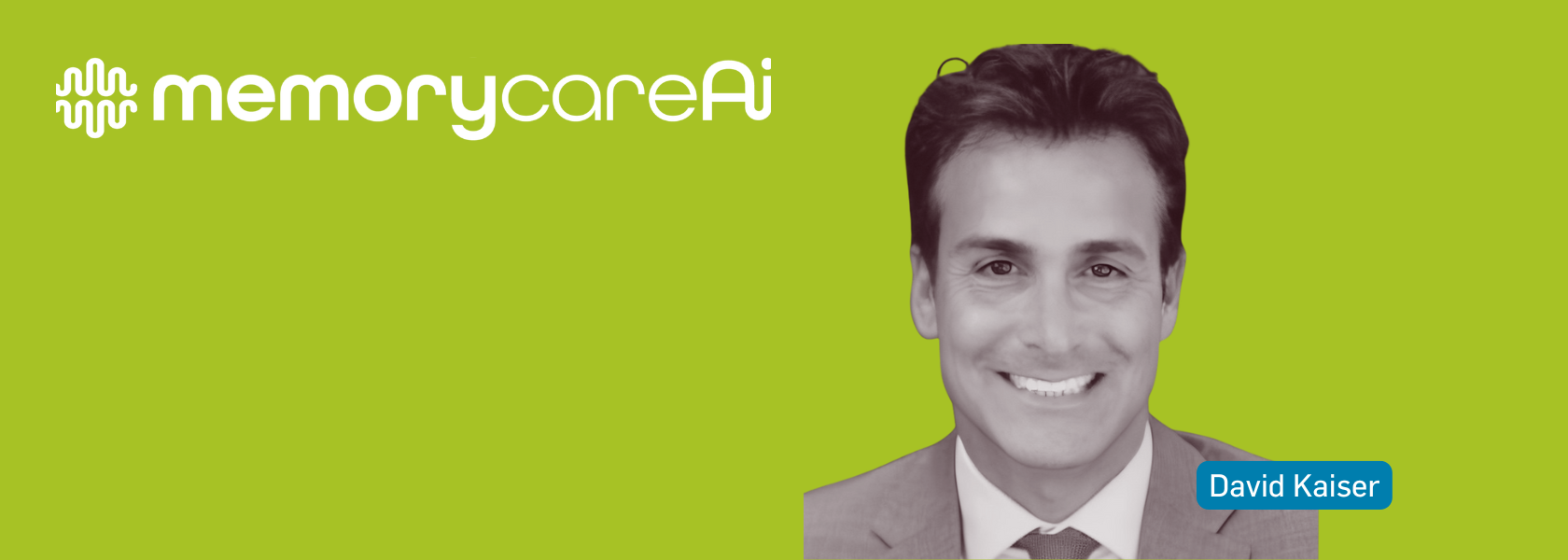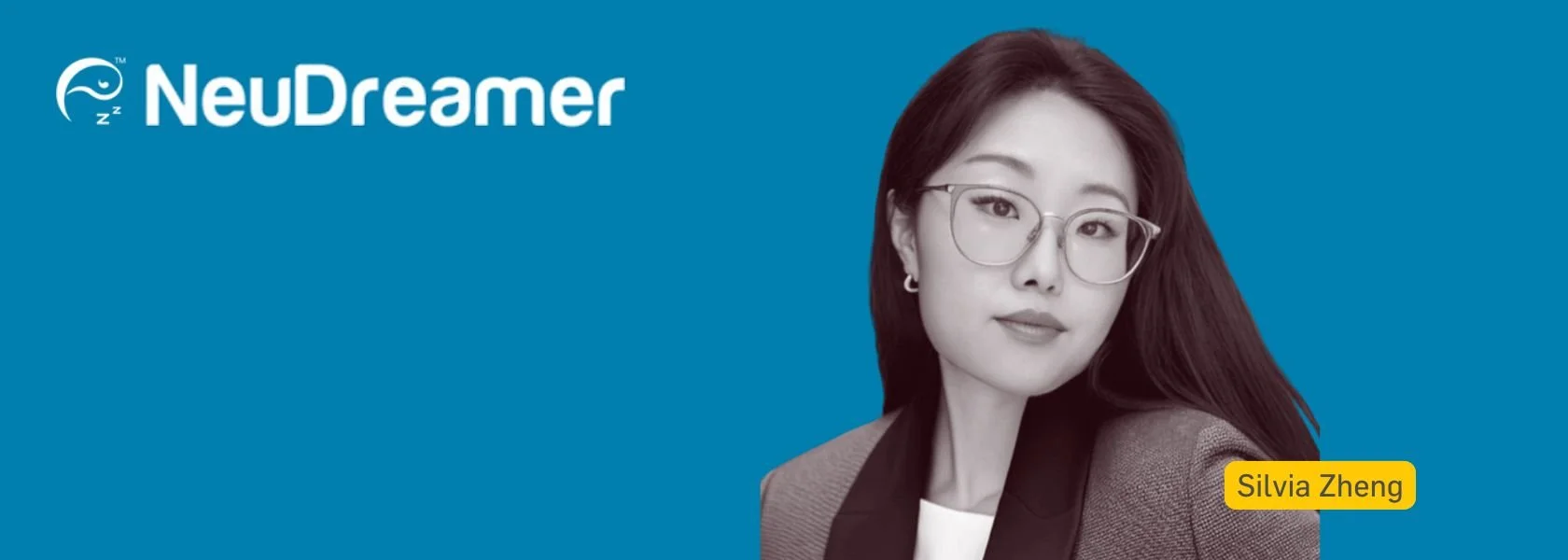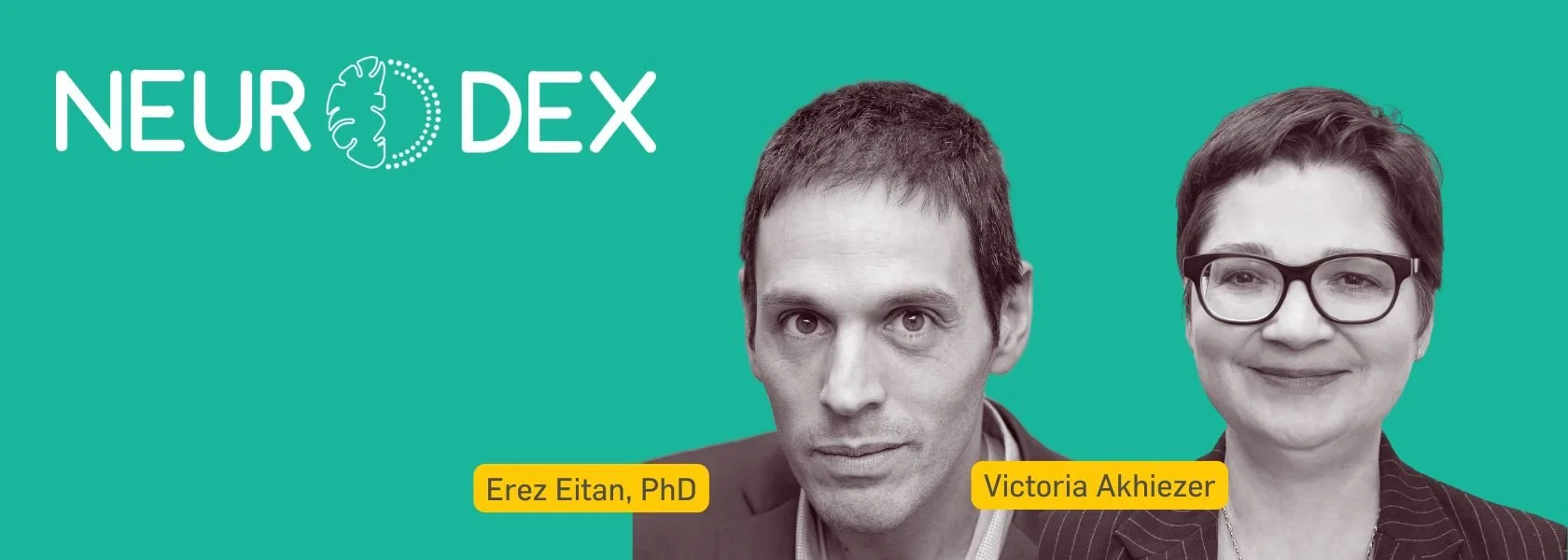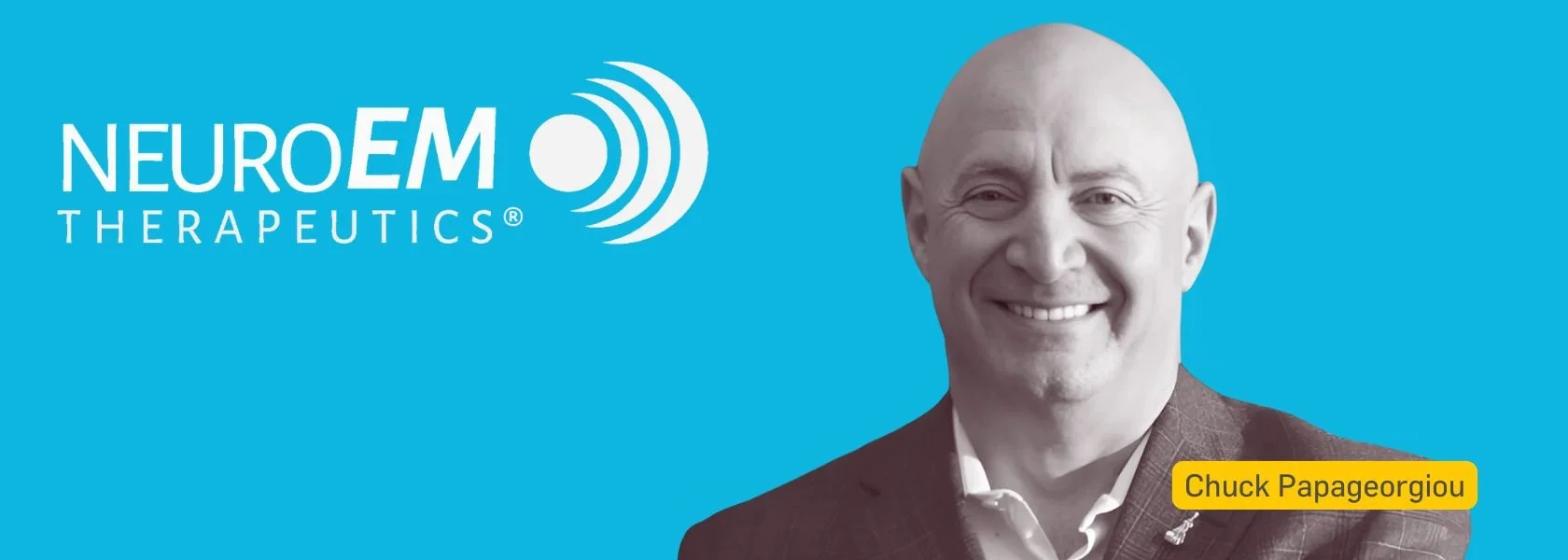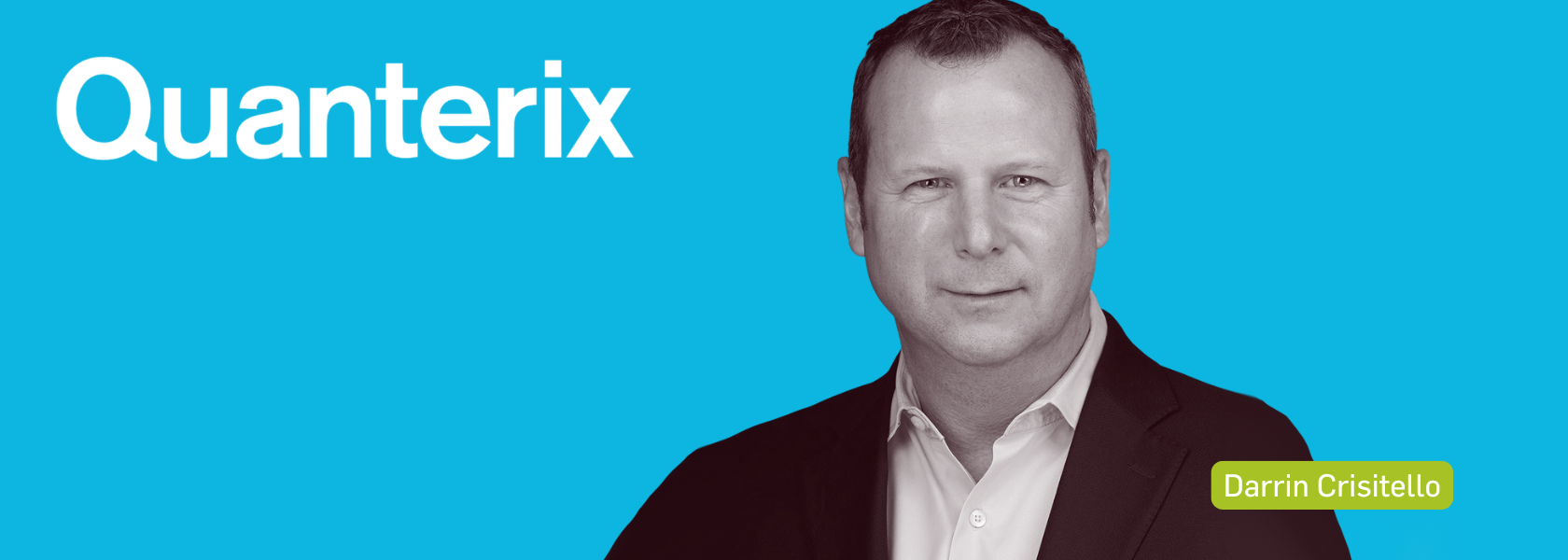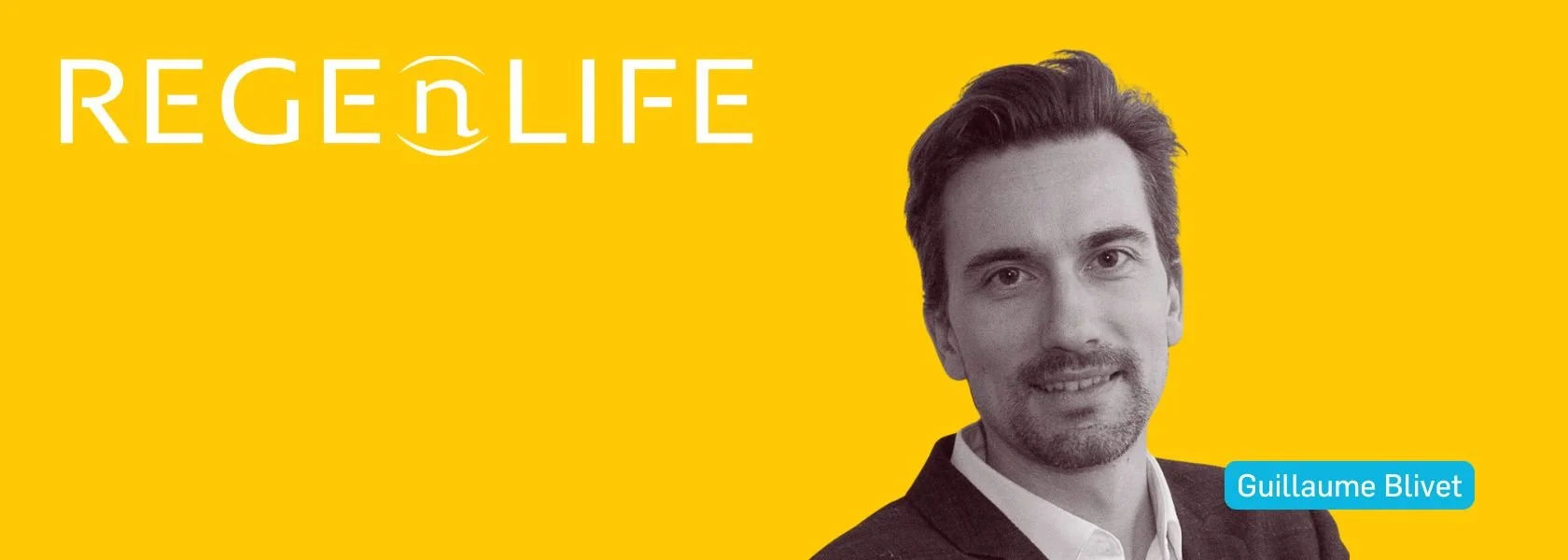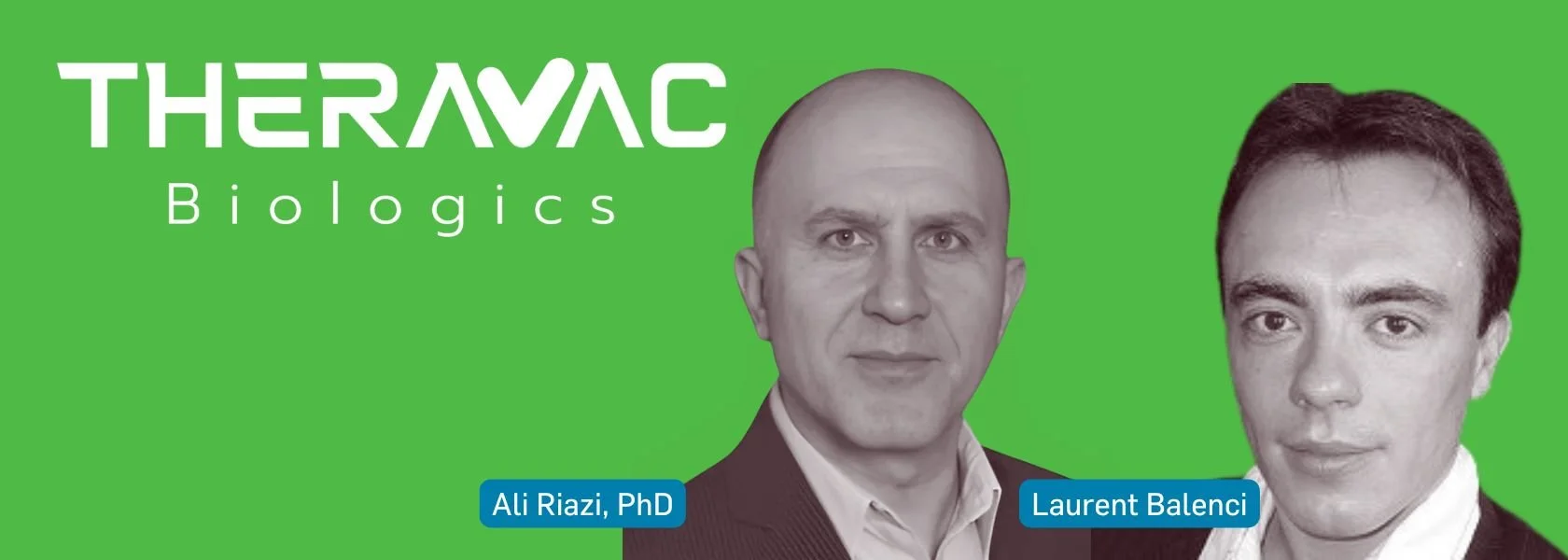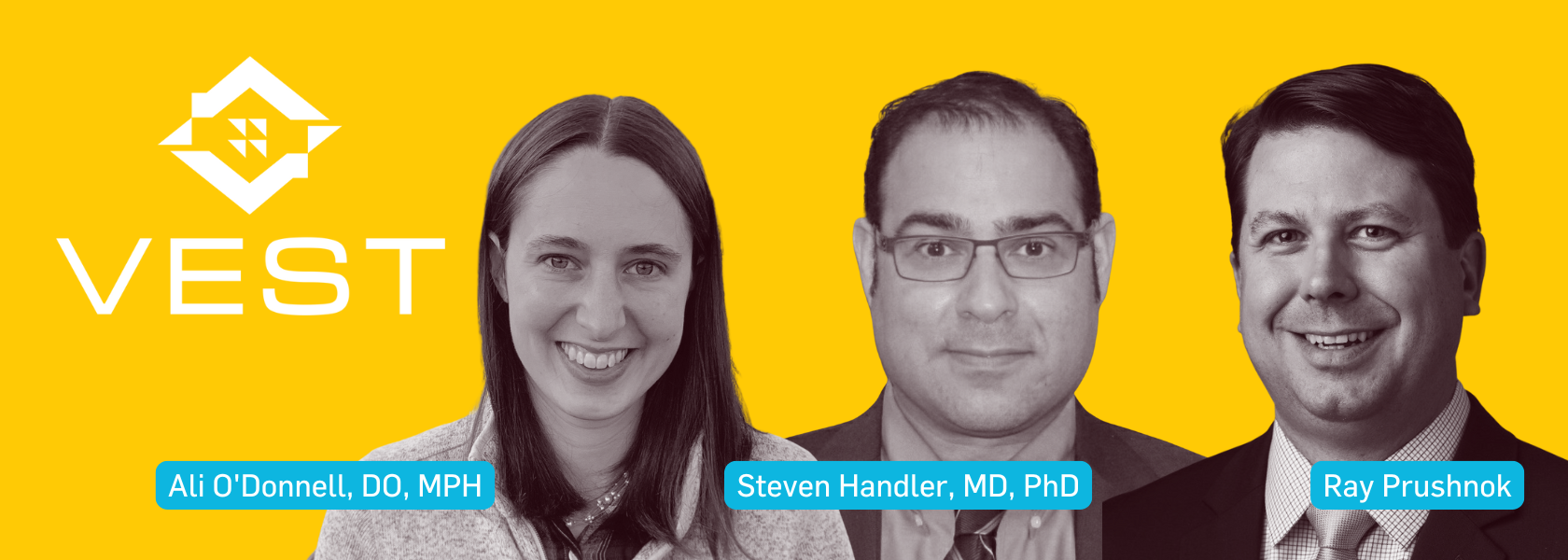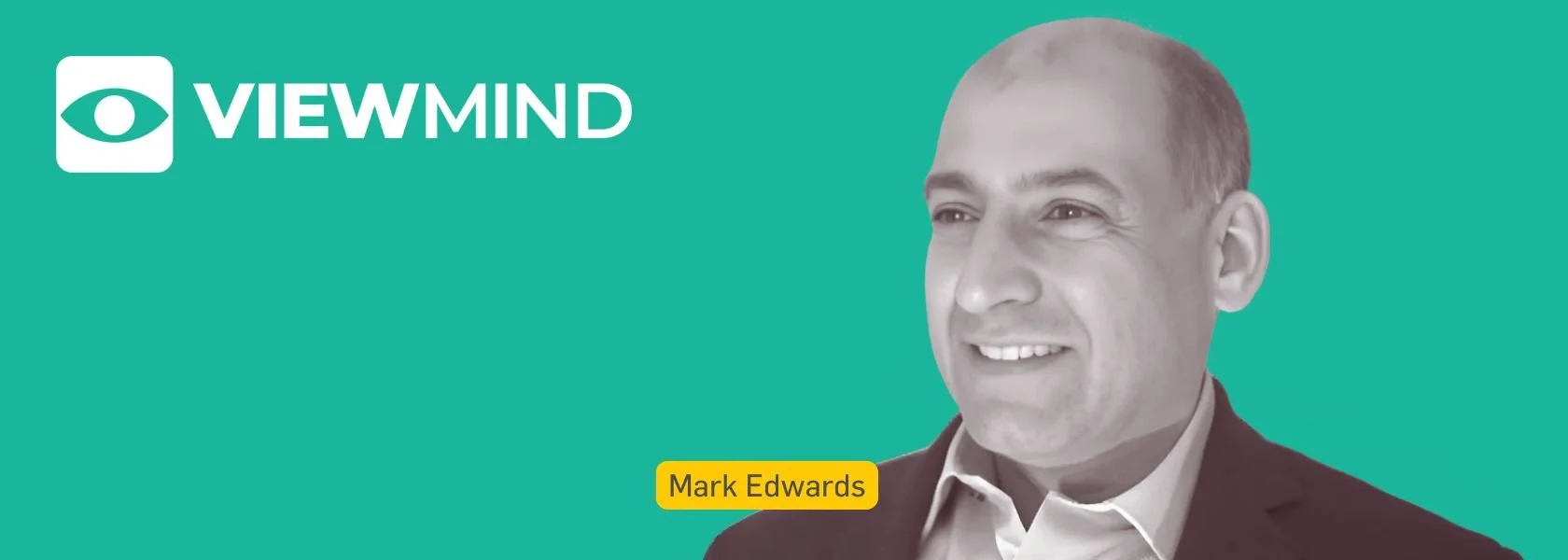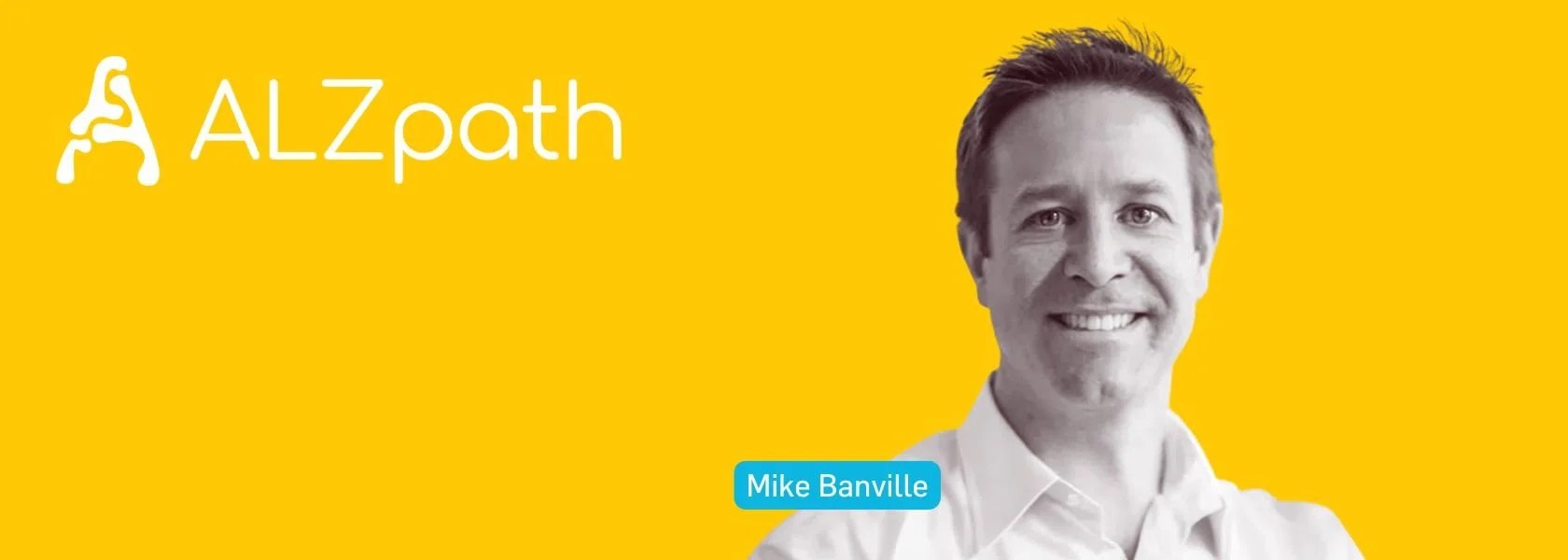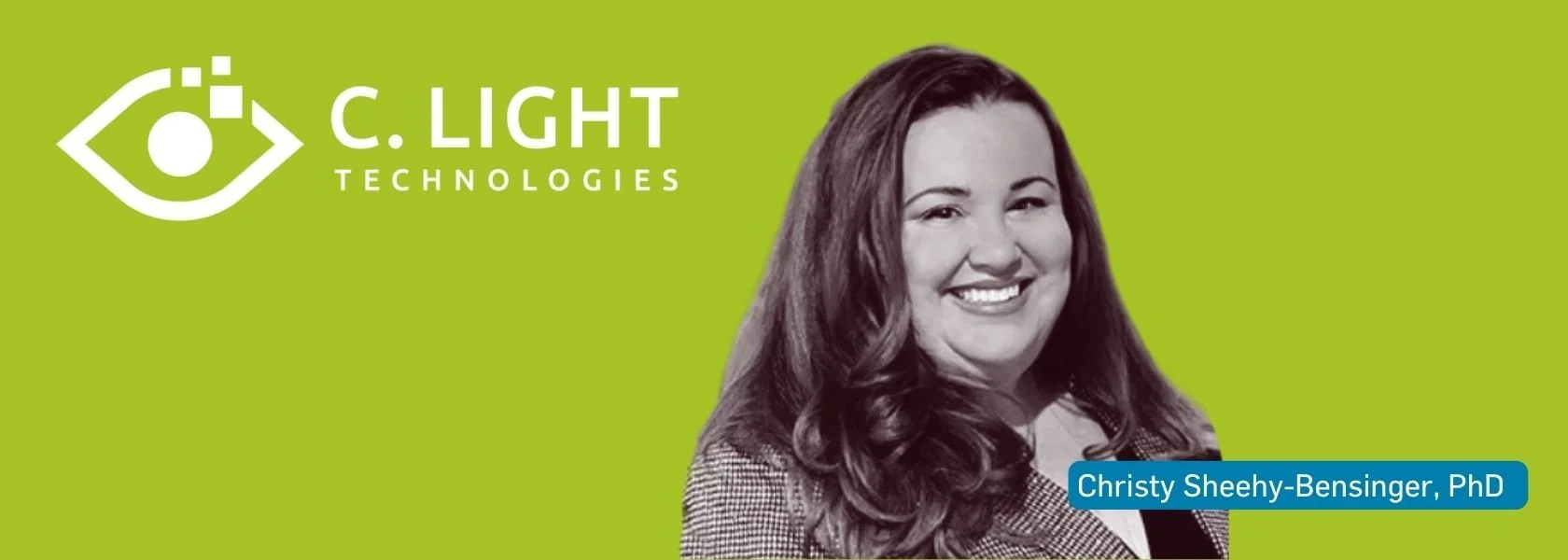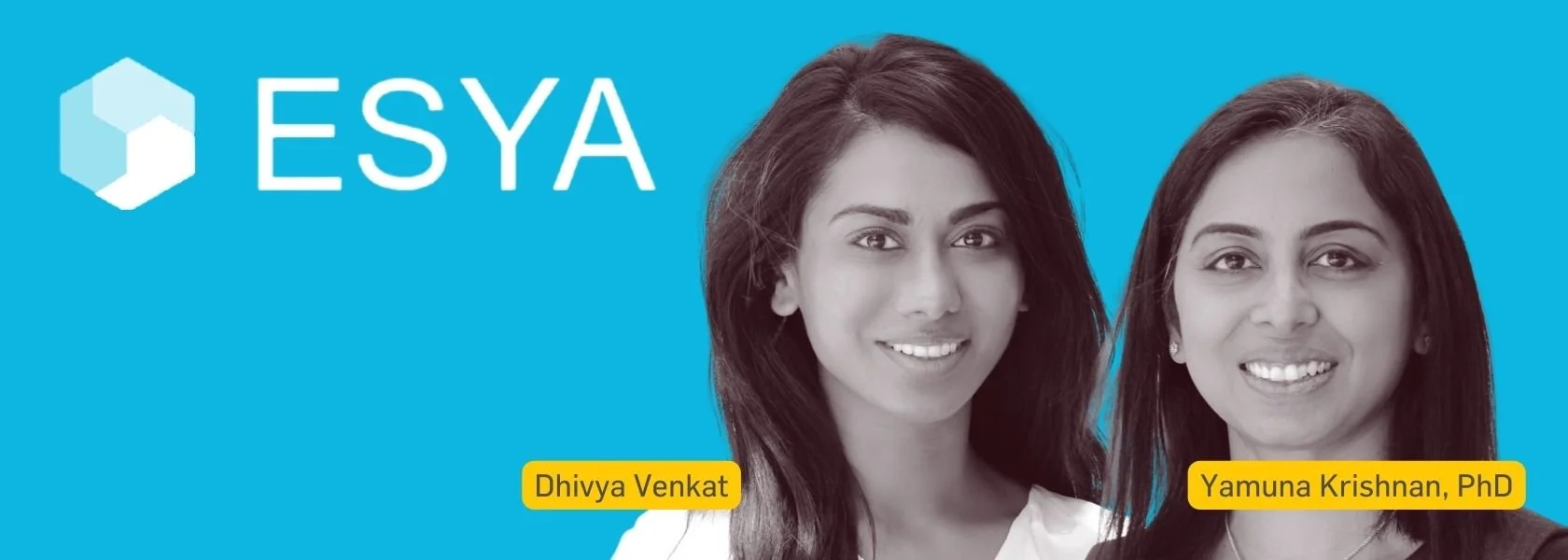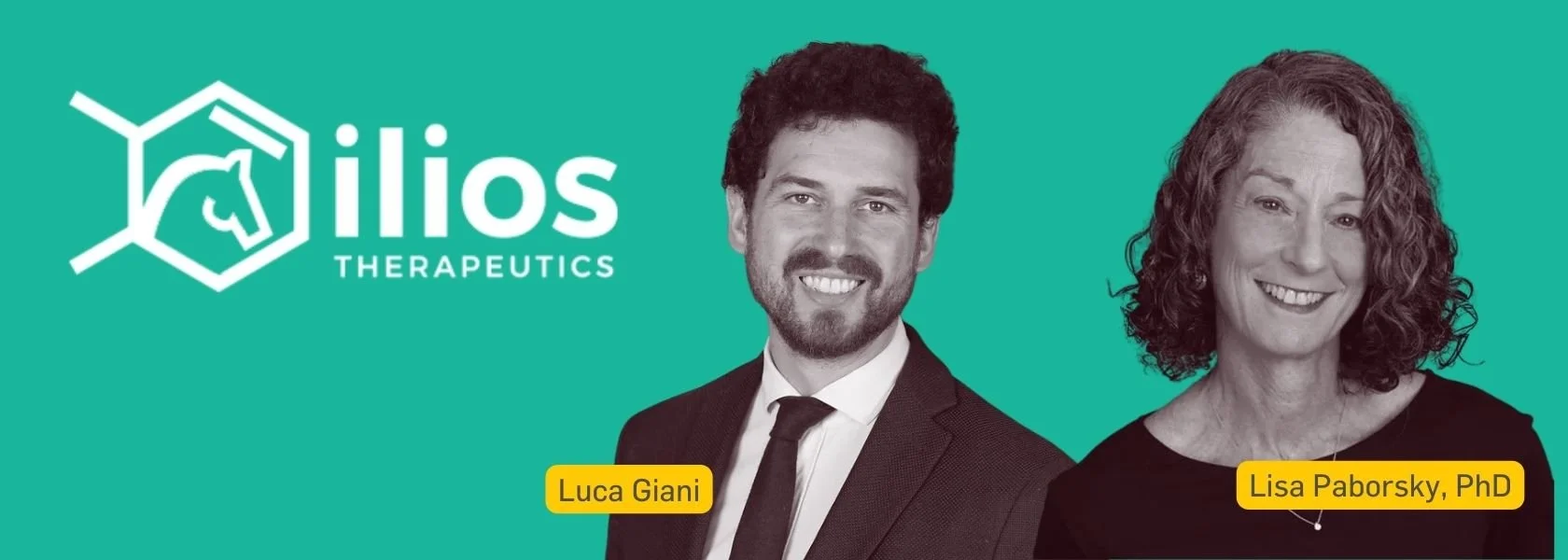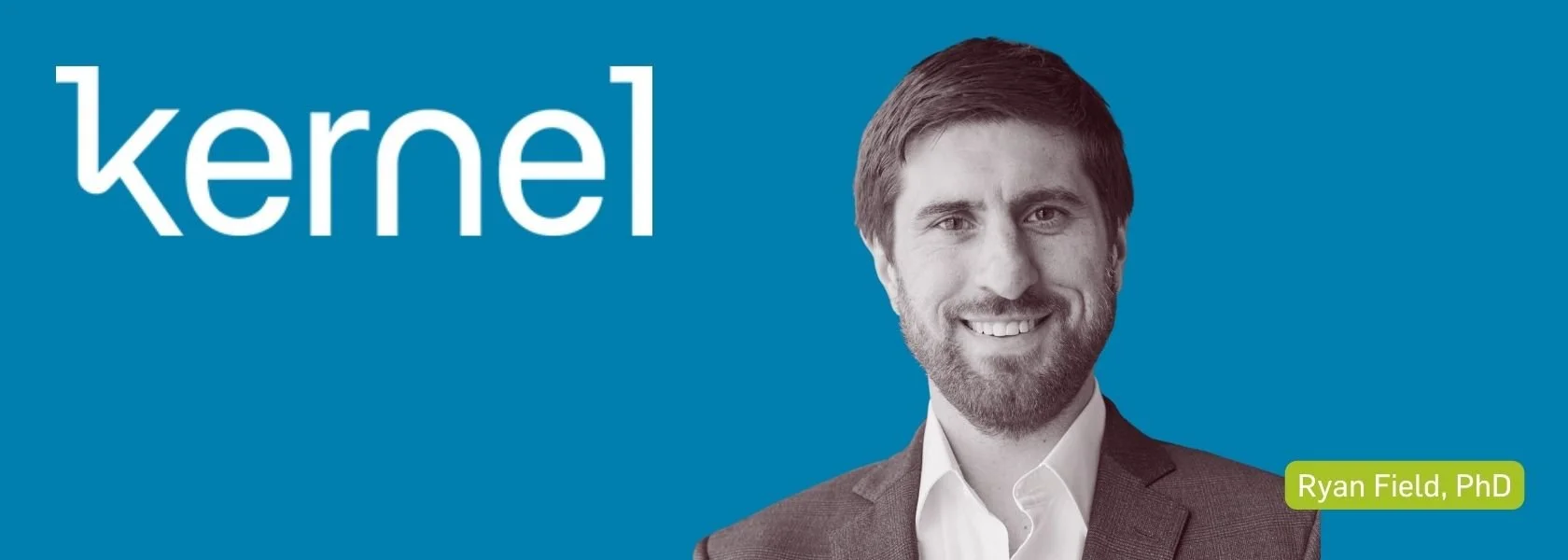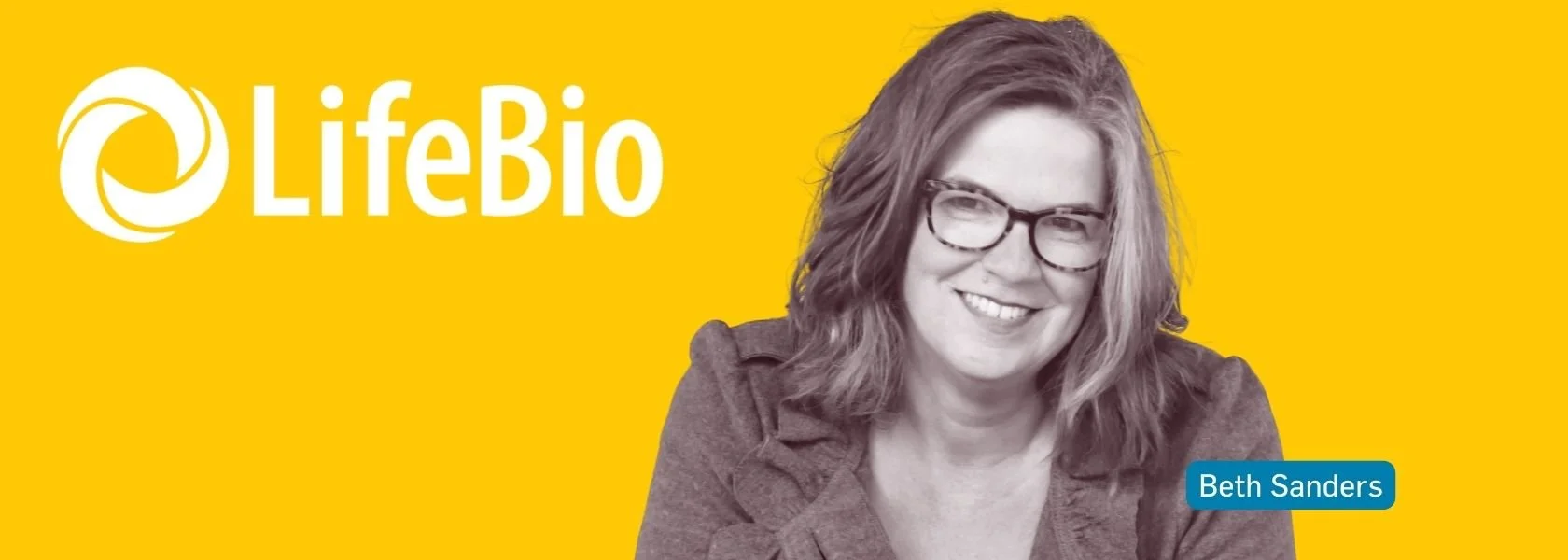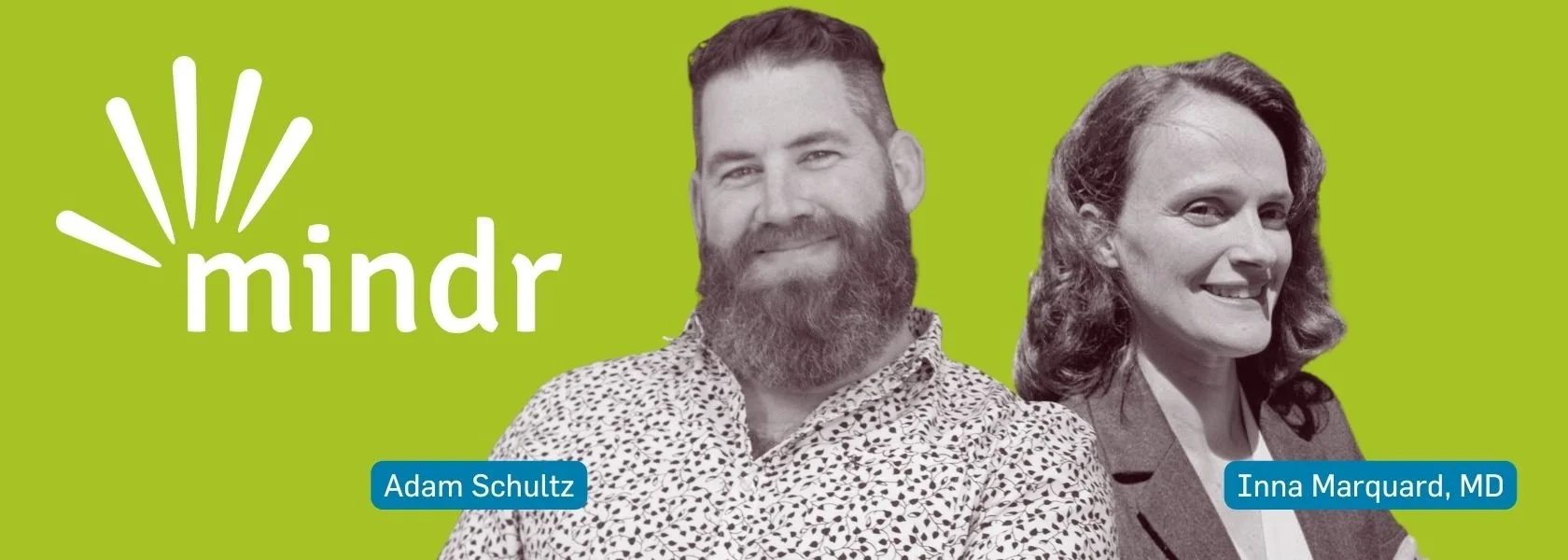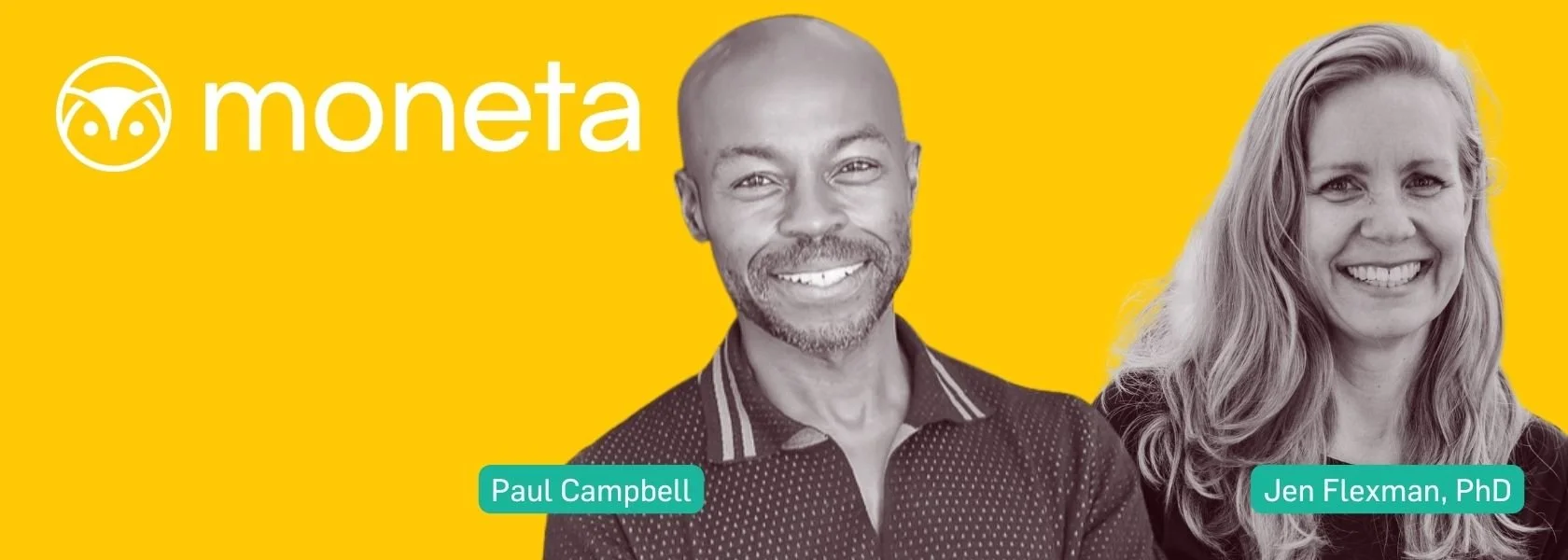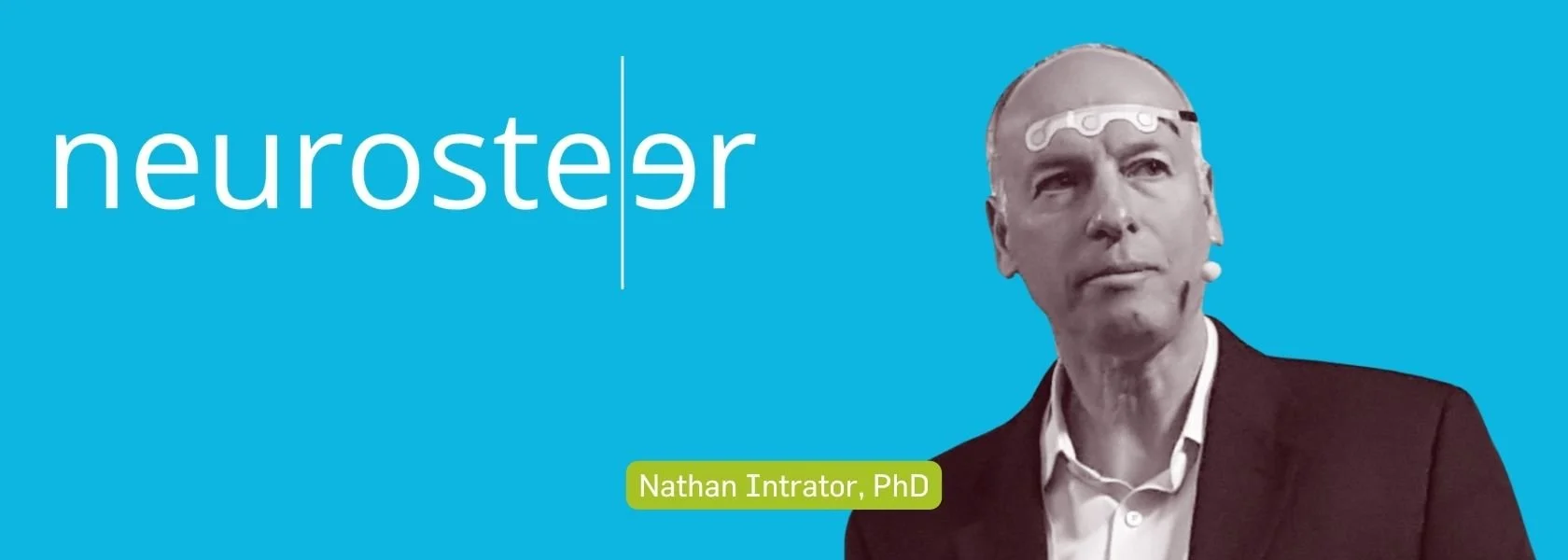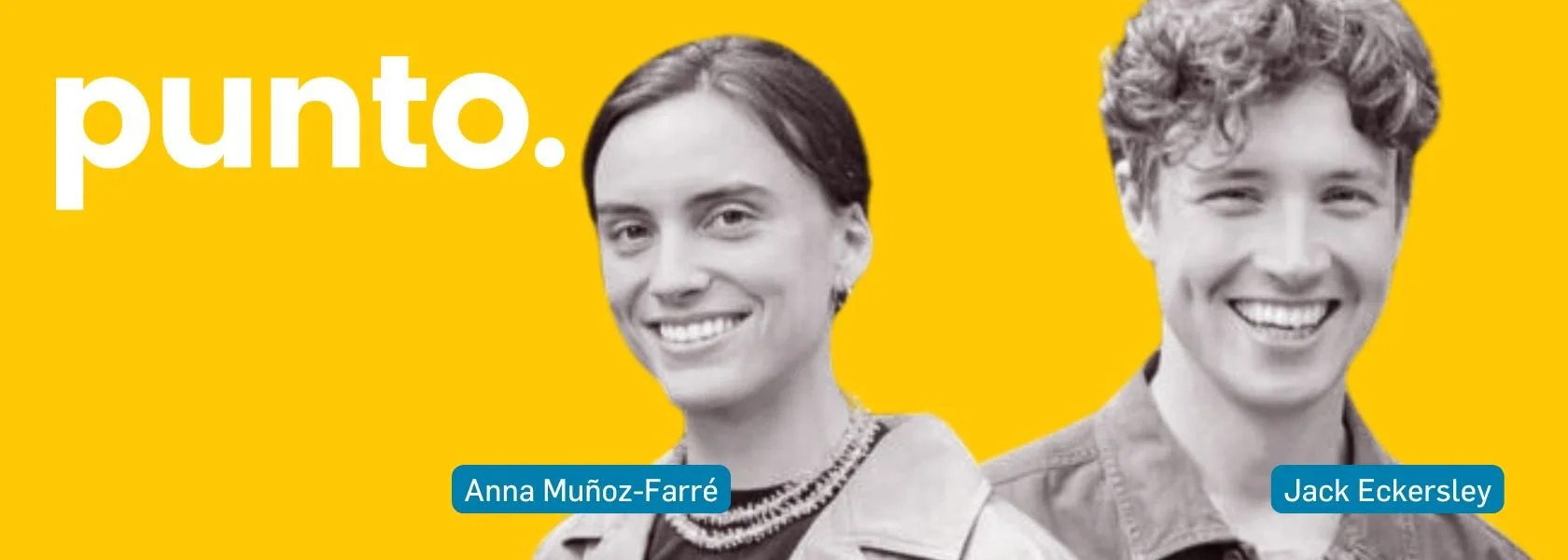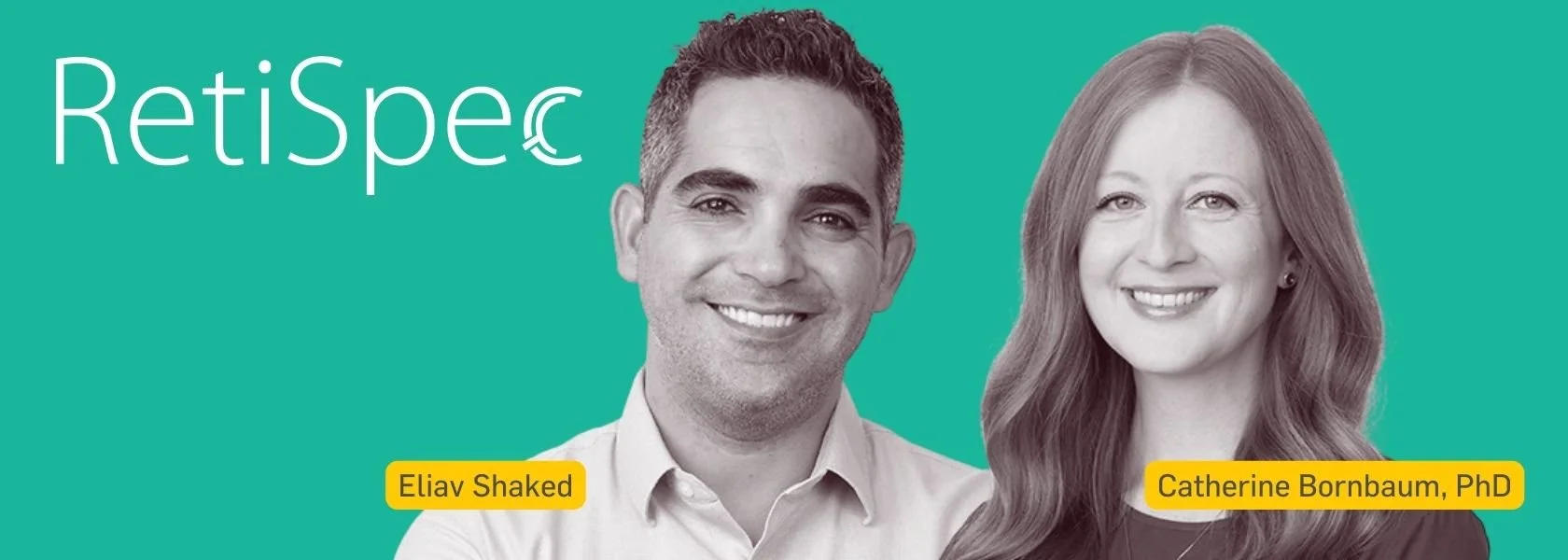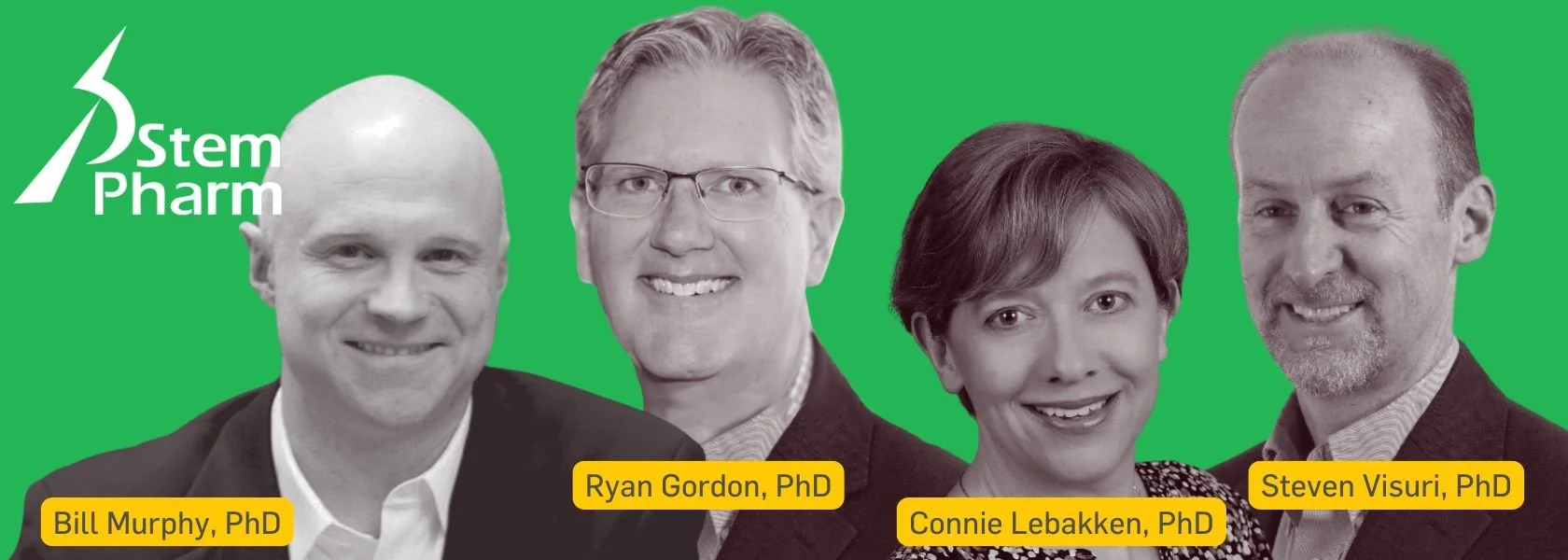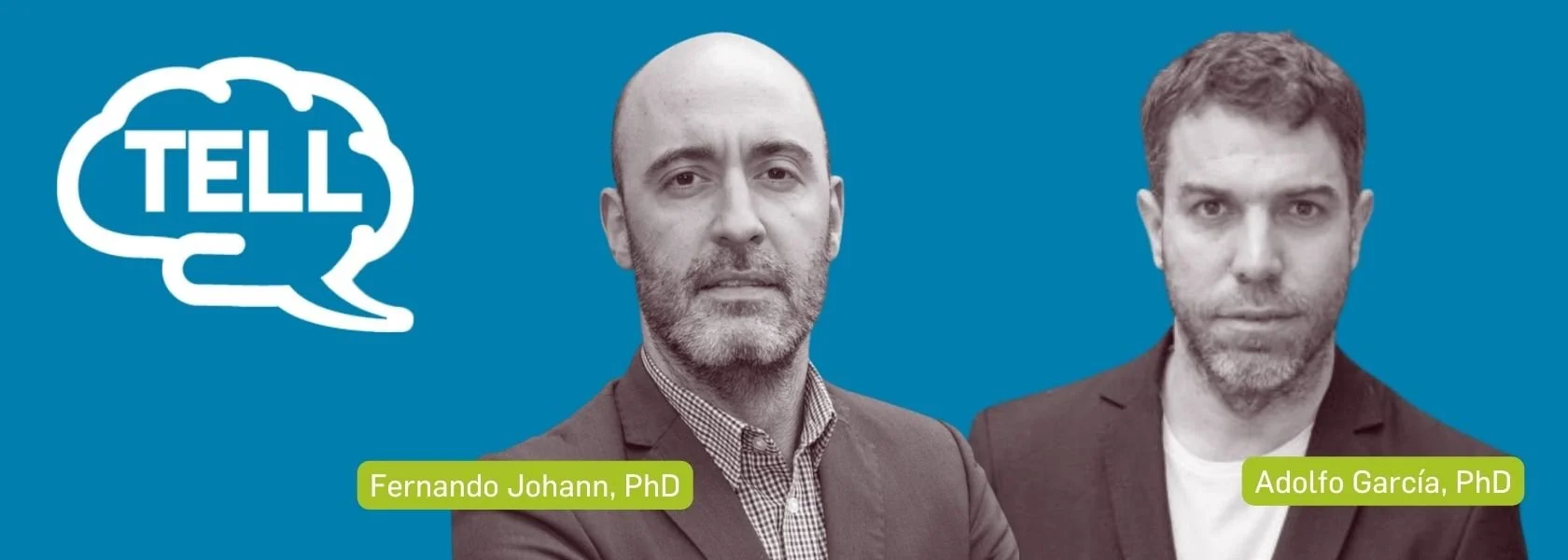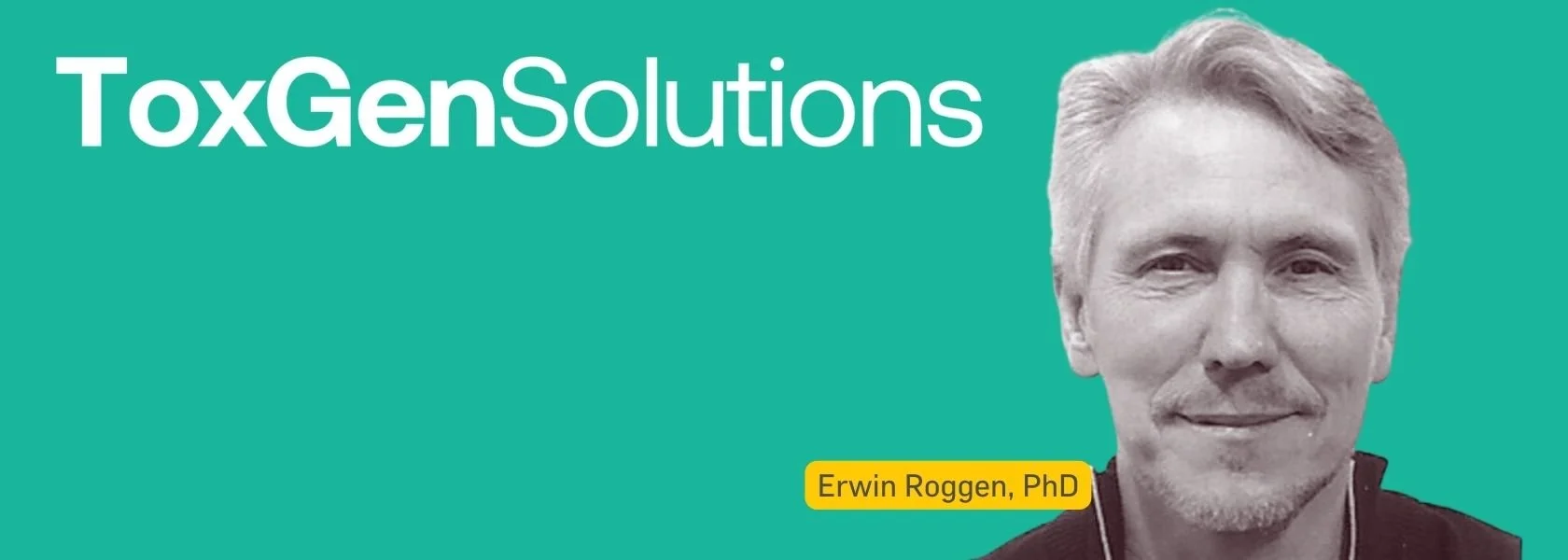Introducing StartUp Health’s Alzheimer's Moonshot Community
The initiative, which was announced in January 2024 with support from Gates Ventures and the Alzheimer’s Drug Discovery Foundation (ADDF), kicked off official programming in May 2024. The first round of companies, chosen from more than 100 applicants, span the full spectrum of Alzheimer’s care, from awareness and early detection to diagnosis, treatment, and support.
The Alzheimer’s Moonshot will continue to accept applications from founders and researchers, adding qualified teams to the community on a rolling basis.
We will keep this article updated as the community grows.
Alzheimer’s disease was first identified and described in 1906. In the century that followed the disease was marked almost entirely by grief and struggle. This terrible disease robs people of their memories and by extension their identities. For some it has seemed like a fate worse than death. For the families and caregivers of people losing their memory to Alzheimer’s – people psychologists refer to as “the invisible second patients” of the disease – Alzheimer’s can mean a decades-long journey of personal loss and physical exhaustion.
For nearly a hundred years, there was little-to-no progress in our ability to cure, slow, or even detect Alzheimer’s disease. Not that people weren’t trying. Behind the scenes, often laboring for decades without public notice, there has been an army of passionate innovators committed to turning this tide. Many, if not most, have had Alzheimer’s touch their lives personally, and that experience has become the catalyst for innovation.
In 2024, we can say with confidence that the tide is turning on Alzheimer’s disease and related dementias (ADRD). The health innovation community is leaping forward in its collective ability to detect Alzheimer’s early through a range of biomarkers, slow its progression with pharmaceuticals and non-invasive devices, and there are even talks of a cure.
“When we finish 2024, I really think this world’s going to look a lot different for Alzheimer’s patients than it did in December of 2023,” says Phyllis Ferrell, Chief Impact Officer for StartUp Health’s Alzheimer’s Moonshot.
StartUp Health’s Alzheimer’s Moonshot was launched with Gates Ventures and ADDF in order to rally a committed community of Alzheimer’s innovators at this critical moment. We’re leveraging our unique platform of community, coaching, and media (which has supported more than 500 startups over the last 13 years) to help these companies bring their brilliant ideas into the world, to commercialize and scale.
Having first announced the Alzheimer’s Moonshot in January 2024, we’re incredibly excited to introduce the first companies that have joined the community.
“The range of this Alzheimer’s community, which spans across the Alzheimer’s Disease care continuum, has amazed us,” says Steven Krein, CEO and Co-founder of StartUp Health. “Interest has come from every corner of the ecosystem, across different solutions and company stages.”
Below are brief descriptions of the members of the Alzheimer’s Moonshot Community with links to longer stories and contact information. Subscribe to our Sunday “Meet the Health Transformers” newsletter to be the first to read deep dives about each company.
Community Members Added in Winter/Spring 2025
Alamar Biosciences Is Unlocking the Power of Precision Proteomics for Early Disease Detection
Founded by Yuling Luo, PhD, Alamar Biosciences is redefining biomarker discovery and analysis with its groundbreaking NULISA platform. Designed to achieve attomolar sensitivity and unparalleled dynamic range, NULISA leverages sequential immunocomplex capture and next-generation sequencing (NGS) to quantify thousands of proteins from just one microliter of plasma. Paired with Alamar’s proprietary Attobody antibody engineering platform, which enhances target specificity and affinity, the technology enables precise detection of elusive biomarkers critical for early disease intervention. With streamlined automation via the ARGO HT System, Alamar empowers researchers and clinicians to scale from single-target validation to high-throughput discovery with efficiency and reproducibility. By combining the deep expertise of its founders in biotechnology innovation, antibody engineering, and RNA detection, Alamar Biosciences is advancing the future of proteomics to transform disease diagnostics and therapeutic development.
Grey Matter Neurosciences Targets Alzheimer’s with Precision Ultrasound Technology
CEO & Co-founder Jeffrey Coull, PhD, a seasoned neuroscientist and entrepreneur, leads Grey Matter Neurosciences in its mission to restore brain function in seniors. Jeffrey has a track record of building innovative biotech companies, including a prior acquisition by Zealand Pharma. Grey Matter’s initial product is a portable, focused ultrasound helmet designed to treat Alzheimer’s disease with precision and non-invasiveness. The device offers a promising approach to empowering seniors and addressing neurodegenerative diseases by combining cutting-edge neuroscience and portability.
Imaginostics Is Advancing Precision Medicine Through Quantitative MRI Diagnostics
Co-founded by MRI physicist Codi Gharagouzloo, PhD, and attorney Valerie Gharagouzloo, Imaginostics is revolutionizing precision diagnostics with its proprietary QUTE-CE MRI technology. Traditional MRI scans offer only qualitative insights, but Imaginostics’ software-driven platform transforms standard MRI machines into powerful tools for non-invasive, quantitative vascular imaging. This breakthrough enables clinicians to measure vascular structure and function with a high degree of accuracy, supporting early disease detection and refined characterization of chronic conditions. Developed through over a decade of research and validated in preclinical and clinical studies, QUTE-CE MRI eliminates reliance on baseline scans, offering reproducible biomarkers across diverse patient populations. Based in Lake Nona Medical City, Orlando, FL, Imaginostics is at the forefront of advancing healthcare outcomes through innovative imaging solutions.
Neotiv Is Advancing Early Detection and Monitoring of Alzheimer’s Disease Through Digital Cognitive Assessments
Co-founded by neuroscientist David Berron, PhD, a researcher at the German Center for Neurodegenerative Diseases (DZNE) with extensive expertise in cognitive neuroscience and Alzheimer’s research, neotiv combines innovative cognitive testing with a robust digital platform to enable early detection, monitoring, and research of Alzheimer’s disease. Neotiv’s scientifically validated cognitive tests, designed to assess memory performance through engaging visual tasks, are seamlessly integrated into mobile and on-site applications. With the neotivTrials web portal, researchers and clinicians can design and customize longitudinal studies, enabling flexible and scalable data collection. Trusted worldwide by leading scientists and validated through rigorous research, neotiv's platform supports healthcare professionals, clinical researchers, and pharmaceutical teams in diagnosing, tracking, and developing interventions for cognitive decline.
Community Members Added in Autumn/Winter 2024
Ciatrix Innovates a Natural Path to Brain Health
Led by the accomplished entrepreneur and inventor Zdenko Grajcar, Ciatrix is on a mission to stop and reverse Alzheimer's disease progression using innovative technology. Zdenko brings a wealth of experience to Ciatrix, with two successful exits in the technology and medical fields and over 300 patents to his name. His personal connection to Alzheimer's, with seven family members affected by the disease, has driven his passion for finding alternative approaches to treatment. Ciatrix has completed phase 1 trials and is preparing for smaller clinical trials in collaboration with the University of Minnesota. They are incorporating cutting-edge technologies like near-infrared brain imaging into their research, which has shown promising results in a study of 2,600 Alzheimer's patients. Ciatrix's vision is rooted in the belief that the human body is designed to heal itself, and their technology aims to restore and augment this natural ability.
Cognimark’s AI-Powered Dementia Care Improves Early Detection in Primary Care and Streamlines Clinical Trial Recruitment
Andrew Lu, MBA, CEO & Co-founder, is an entrepreneur and former healthcare management consultant with degrees in economics and management from MIT. Vijaya Kolachalama, PhD, Chief Scientific Officer & Co-founder, is an Associate Professor of Computer Science and Medicine at Boston University, where he leads a laboratory advancing AI solutions for complex medical challenges, including dementia. Founded in 2024, Cognimark (formerly CogniScreen) is redefining the dementia care journey by focusing on two critical inflection points: enabling early risk-stratification in primary care and enhancing clinical trial enrollment through AI-powered screening and recruitment. The platform integrates routine, multi-modal standard-of-care data—including electronic health records (EHR) and MRI scans—to rapidly and accurately assess dementia stage and underlying causes. By delivering transparent insights into the drivers of dementia, including mixed pathologies, and mirroring the diagnostic reasoning of expert neurologists, Cognimark empowers both clinicians and patients to start and sustain the care journey with clarity. Cognimark’s approach is grounded in rigorous science, with research published in leading journals such as Nature Medicine.
Cx Precision Medicine Delivers Earlier Alzheimer’s Diagnoses Through Advanced Biomarker-Based Blood Testing
Danguole Altman, the CEO of Houston-based Cx Precision Medicine, is an accomplished life sciences and healthcare entrepreneur and operator. For the last five years, she has led Cx Precision Medicine in its mission to transform geriatric medicine through biomarker-based diagnostics. The company’s groundbreaking blood test, NeuroFirst Memory, licensed from the University of North Texas Health Science Center, enables earlier and more accurate detection of memory issues in individuals over 60. This test empowers primary care physicians to diagnose neurodegenerative conditions like Alzheimer’s, dementia, and Parkinson’s disease earlier, paving the way for more targeted treatments.
EmTech Care Labs Provides a Compass for Alzheimer’s Care
Aarabi Balasubramanian, CEO & Founder of EmTech Care Labs, is an electrical engineer by training and a dedicated caregiver who has spent her career across health organizations, including Cognizant, IMS Health, Infosys Consulting, and Lucent Technologies. EmTech Care Labs is a digital care platform for family caregivers to manage home-based care for older adults with Alzheimer's disease, dementia, and other neurological disorders. Their product, Care-Wallet, provides personalized care plans with recommended eligible healthcare benefits, so individuals can track relevant care expenses and find savings through local programs. EmTech Care Labs is at the forefront of proactively guiding dementia-specific care among family members.
Lizzy Care Offers Comprehensive Home Care Solutions for Individuals with Dementia, Ensuring Dignity and Support
Marc Rothman, MD, is a physician executive with expertise in dementia care, geriatric medicine, and healthcare innovation. As CEO of Lizzy Care, a company founded in 2022 by Sarah Gorenstein and Ollie Fielding, Dr. Rothman is leading a transformative approach to dementia care that integrates personalized home care, clinical oversight, and innovative technology. Lizzy Care offers comprehensive services, including home safety evaluations, in-home nursing, companion care, and therapeutic activities such as art and music therapy. Families can manage their loved ones' care with ease through the Lizzy Care app, which provides real-time updates and seamless communication between caregivers and families. Serving clients across three states, Lizzy Care ensures that individuals with Alzheimer's and dementia receive the highest quality support to age in place with dignity and safety.
Longeveron Is Pioneering Cellular Therapies to Combat Aging-Related Diseases
CEO Wa’el Hashad brings 25+ years of global experience to Longeveron, a Miami, FL-based clinical-stage biotechnology company. With a mission to extend healthspan through regenerative medicine, Longeveron is developing innovative solutions for aging-related conditions including Alzheimer’s, aiming to improve quality of life and redefine the possibilities of healthy aging. Longeveron is advancing Lomecel-B™, an investigational therapy derived from medicinal signaling cells (MSCs) sourced from young, healthy adult donors' bone marrow. These cells promote tissue repair, organ maintenance, and immune function, addressing key aging-related processes. After going public in February 2021, the company has become a global leader in stem cell therapies.
MEI Micro Redefines Wearable Motion Sensing
Louis Ross brings 25+ years of global experience in emerging technology research, development, and commercialization and a strong IP background as the co-inventor of eight internationally filed and issued patents to MEI Micro, the developer of MEMS inertial sensor technology. MEI Micro’s navigation-grade motion sensing platform sets a new standard for inertial movement analysis and activities of daily living (ADL) metrics. Focused on healthcare, telemedicine, and sports performance, the company’s patented technology unlocks applications for wearable devices, including new solutions for Alzheimer’s and related dementias.
MemoryCareAI Transforms Dementia Care with AI-Driven Insights and Personalized Monitoring Solutions
David Kaiser, from Newport Beach, CA, is the founder of MemoryCareAI, an AI-driven neuro tech SaaS platform transforming memory care. By delivering real-time insights, MemoryCareAI aids in diagnosing and managing Alzheimer’s, related dementias, and traumatic brain injuries. With 16 years of experience in behavioral health and neuroscience, and driven by his personal connection to Alzheimer’s, David aims to transform dementia care through AI-powered monitoring, personalized treatment, and an intelligent avatar named Rachel.
NeuDreamer Revolutionizes Alzheimer’s Treatment with Rhythmic Deep-Brain Stimulation
Silvia Zheng, COO & Co-founder, brings her AI & marketing experience from Nielsen and Scale AI in partnership with CEO & Co-founder Yun-Feng Zheng’s brain health research background to prevent Alzheimer’s disease at the earliest stage. NeuDreamer utilizes Rhythmic Deep Brain Reachable Low-Field Transcranial Magnetic Stimulation (rDMS) to improve sleep quality; with just 20 minutes of usage, the device activates selective neuron activity, offering autonomous and long-term sleep improvements, crucial for Alzheimer’s prevention. Backed by eight global patents effective for the next 20 years, NeuDreamer is committed to supporting clinical trials and addressing the growing prevalence of Alzheimer’s disease through innovative, non-invasive solutions.
NeuroDex Is Accelerating Neurological Disease Treatment by Advancing Biomarker Research and Development
Erez Eitan, PhD, is the Chief Scientific Officer & Co-founder of NeuroDex, a Cambridge, MA-based company advancing biomarkers for neurological diseases. NeuroDex aims to accelerate the development of blood tests and therapies for conditions like Lewy body dementia, Alzheimer’s, Parkinson’s, and ALS. Erez was the first to study exosomes at the National Institute on Aging (NIA) and has authored over 25 peer-reviewed publications on neurodegenerative disease therapies. Before founding NeuroDex in 2018, he was a senior scientist at Exosome Diagnostics. Originally from Israel, Erez received his PhD in Molecular Neuroscience from Ben-Gurion University. NeuroDex comes to the Alzheimer’s Moonshot as a referral from the ADDF’s Diagnostics Accelerator (DxA).
NeuroEM Therapeutics Has Developed a Novel Electromagnetic Device for Treating Alzheimer’s Disease
Chuck Papageorgiou, an engineer and serial tech entrepreneur, leads Tampa, FL-based NeuroEM Therapeutics. The company developed MemorEM, a non-invasive head device using Transcranial Electromagnetic Treatment leveraging Radio Frequencies (TEMT-RF), the first Alzheimer’s treatment—device or drug—to receive FDA Breakthrough status. Clinical results suggest this patented technology can improve brain health and stop and reverse cognitive decline associated with aging and neurodegenerative diseases like Alzheimer's. Under Chuck’s leadership, NeuroEM has evolved from a research-driven entity to a commercially-focused company.
Neurofold Therapeutics Is Revolutionizing Disease-Modifying Treatments For Neurodegeneration
Neurofold Therapeutics is at the forefront of developing groundbreaking small-molecule therapeutics to combat neurodegenerative diseases. Guided by a multidisciplinary team, including founders Rajeev Kumar, MD, a seasoned movement disorders neurologist, and Sunil Kumar, PhD, a chemical biologist and pioneer in protein-targeting small molecules, Neurofold's lead compounds have demonstrated efficacy in reducing neurotoxic protein aggregates, rescuing disease phenotypes, and achieving superior brain bioavailability in preclinical models. With a vision to deliver disease-modifying treatments, Neurofold challenges traditional paradigms and offers hope for patients living with these debilitating disorders.
Optoceutics Prevents & Treats Cognitive Decline with Light-Based Brain Stimulation
Co-founders Mai Nguyen, PhD, and Marcus Carstensen, PhD, have a proven track record in pioneering health technology with expertise in Neuroscience and Photonics, respectively, and industry experience running clinical studies. Through an hour of usage each day during normal activity, Optoceutics’ EVY Light Solution effortlessly stimulates gamma brainwaves to promote cognitive health, helping improve quality of life for people with Alzheimer’s or related dementias. The company has growing monthly revenues and strong partnerships with leading research universities including Rigshospitalet, Zealand University Hospital, and UC Berkeley.
Owl Therapeutics Is Using AI to Unlock Wisdom for Brain Health
Bringing together deep scientific, clinical, and business experience, Will Haskins, PhD, Kevin Wang, PhD, and Franklin Okumu, PhD, Co-founders of Owl Therapeutics, are on a mission to transform brain health for a brighter future. Owl is the first clinical-stage, AI- and diagnostic-powered biopharmaceutical company focused on advancing neurotherapeutics for TBI and associated conditions, like post-traumatic epilepsy and Alzheimer’s disease. Based on their discovery of unexpected waves of thousands of brain biomarkers in the blood of TBI patients, Owl is set to embark on Phase 2 trials for its lead asset OWL-1410.
Quanterix Transforms Ultrasensitive Biomarker Detection
Darrin Crisitello brings 20+ years of experience in the biotechnology industry to his role as COO of Quanterix, which applies precision science to the biology of health and disease across five therapeutic areas: oncology, neurology, cardiology, immunology, and infectious disease. The company is on a mission to transform today’s sick care into tomorrow’s precision healthcare through early detection and disease prevention sciences. The company's commercial brand, Lucent Diagnostics, uses Simoa Technology to aid in the earlier detection of cognitive disease. One can now uncover novel biomarkers with the power to transform medicine, allowing for prevention, early diagnosis, and next-generation treatments.
REGEnLIFE Utilizes Tri-Photonic Stimulation Technology to Address Neuroinflammation and Enhance Brain Health
Guillaume Blivet, MPH, is a serial entrepreneur and innovator with 15+ years of global experience spanning healthcare, medical technologies, and disease management. He is the Chief Innovation Officer and Co-founder of REGEnLIFE, a neurotech company based in Montpellier, France. Since its founding in 2016, REGEnLIFE has been pioneering cutting-edge medical devices utilizing Tri-photonic stimulation technology to address neuroinflammation—a key factor in conditions like Alzheimer’s disease, concussions, and depression. The company is currently conducting a clinical trial in France to validate the efficacy of their helmet device which simultaneously stimulates the brain and gut using different light sources: LEDs and lasers in red and near-infrared spectrums.
StataDX Is Innovating Neurological Monitoring with a Groundbreaking Point-of-Care Testing Platform
Sidhant Jena, a serial entrepreneur with a track record of scaling companies from concept to FDA approval, leads Boston, MA-based StataDX. The company is creating the first point-of-care platform for neurology, envisioning a future where monitoring brain health is as simple as checking blood sugar levels. Leveraging patented sensor technology from Harvard's Wyss Institute, StataDX is developing the first finger-prick blood testing platform designed to simplify the diagnosis of Alzheimer’s and other neurological conditions, transforming how brain health is monitored and managed.
TheraVac Biologics Is Pioneering Active Immunotherapies for Chronic and Neurodegenerative Diseases
Ali Riazi, PhD, and Laurent Balenci, PhD, are serial healthcare entrepreneurs based in Toronto, ON, Canada, and co-founders of TheraVac Biologics, which focuses on developing active immunotherapies for chronic and neurodegenerative diseases, particularly Alzheimer's. Founded earlier in 2024, TheraVac Biologics employs platform technology that utilizes virus-like particles (VLPs) to present immunogenic peptides, eliciting robust immune responses. Under Dr. Riazi’s leadership, TheraVac Biologics aims to transform the landscape of immunotherapy, offering safe and cost-effective solutions for patients suffering from chronic diseases associated with protein misfolding and inflammation.
Veravas Is Making Early Neurological Disease Detection Possible
Co-founders John Forrest and Josh Soldo, along with Chief Growth Officer, Chris Mirro, have combined their experience as serial entrepreneurs, healthcare business executives, and inventors to build Veravas, focused on the early detection of Alzheimer’s and other neurological diseases. The company leverages its proprietary VeraBINDTM technology to disrupt the ever-expanding Alzheimer’s disease market with a proprietary test to screen asymptomatic patients. The VeraBIND Tau Screening Test aims to predict cognitive decline years in advance by testing populations over age 65 pre-symptomatically using plasma samples and Tau PET imaging as the gold standard for confirming Tau pathology. Their laboratory test is CLIA certified and ready for commercialization.
Vest Revolutionizes How Older Adults Enjoy Independence and Health at Home
Chief Medical Officer Alison O'Donnell, DO, MPH, Chief Strategy Officer Steven Handler, MD, PhD, and President Ray Prushnok bring a unique blend of experience as physician leaders, social impact experts, and geriatricians to Vest. The team is on a mission to empower older adults to enjoy healthy and independent lives in the comfort of their homes. Their platform offers comprehensive services, including home safety assessments, modifications, assistive equipment, and strength training. Their team of Certified Aging in Place (CAPS) trained therapists and construction experts collaborate to create personalized plans that enhance health, mobility, and home safety, ensuring clients can age in place with confidence. The company is set up for both in-home visits and telehealth services, allowing them to cover a large geographic area in western Pennsylvania, and they are projected to reach $2.5M in revenue this year.
ViewMind Is Creating Proactive Solutions to Precision Brain Health
Mark Edwards, CEO & Co-founder of ViewMind, is a serial entrepreneur with 25+ years of experience across software and AI industries. For the past five years, he has led ViewMind in its mission to revolutionize brain health diagnostics through ocular digital biomarkers. ViewMind’s innovative 10-minute cognitive assessment, built on 23 years of research and 24 patents in ocular phenotyping, enables earlier and more precise detection of neurodegenerative conditions such as Alzheimer’s disease. By empowering and supporting care facilities and clinical researchers with actionable insights, ViewMind moves the needle towards proactive, not reactive, brain health. ViewMind comes to the Alzheimer’s Moonshot Community as a referral from the Diagnostics Accelerator (DxA).
Community Members Added in Spring/Summer 2024
ADmit Therapeutics Created an Epigenetic Platform for Early Alzheimer’s Disease Detection and Intervention
ADmit Therapeutics is on a mission to improve the quality of life of patients and their families with Alzheimer’s disease by providing timely and accurate diagnosis. Under the leadership of founder Marta Barrachina, PhD, ADmit is developing a simple blood test that, when paired with the company’s machine learning algorithm, can provide a personalized report of Alzheimer’s progression. In addition to the short-term goal of Alzheimer’s detection, ADmit is working longer term on supporting the discovery of an Alzheimer’s cure. The company is working to secure their CE-mark before turning their attention to FDA approval. To bring that vision to life they recently completed a financing round led by Clave Capital, with significant support from the EIC Fund and the Alzheimer's Drug Discovery Foundation (ADDF) Diagnostics Accelerator (DxA). ADmit Therapeutics is based in Barcelona, Spain, and comes to StartUp Health’s Alzheimer’s Moonshot as a referral from the DxA.
ALZpath Is Developing a Best-in-Class Blood Test for Early Alzheimer’s Detection
Today, the first signs of Alzheimer’s are cognitive decline. ALZpath is on a mission to change that. Under the leadership of newly-appointed CEO Mike Banville, ALZpath has developed a proprietary blood test they would like to see become the standard annual assessment for brain health, accessible to all. Their technology, a “pTau217 blood-based assay,” enables the identification of crucial Alzheimer's markers before symptoms emerge. This early detection biomarker will allow for greater treatment tracking and clinical trial screening. ALZpath has raised $8M to date (including from ADDF), with additional raises around the corner to support commercialization. They also posted healthy annual recurring revenues in 2023, the first year the test was commercially available to labs. ALZpath comes to StartUp Health’s Alzheimer’s Moonshot as a referral from the ADDF’s Diagnostics Accelerator (DxA).
C. Light Is Using New Eye Movement Tech to Detect Alzheimer’s Early
Founder Christy Sheehy-Bensinger, PhD, is on a mission to bring a non-invasive and affordable test to market that can give early indications of brain conditions like Alzheimer’s. Her academic work in eye movement tracking at Berkeley has opened up a world of opportunity for primary care physicians – who would gain a new, reimbursable tool in their toolbox – and for patients concerned about detecting diseases earlier. Their device, called RetiTrack, is FDA approved as a highly accurate eye movement tracker, with more clinical use cases in the pipeline. C. Light Technologies comes to the Alzheimer’s Moonshot as a referral from the ADDF’s Diagnostics Accelerator (DxA).
Esya’s Highly Sensitive Alzheimer’s Blood Test Anchors a New Multi-Faceted Brain Health Platform
When Dhivya Venkat got meningitis in 2016, it caused her to temporarily lose her memory. She fully recovered, but the experience opened her eyes to the physical and emotional burden of memory loss. Building on her experience as a serial entrepreneur, Venkat began to build a platform designed to monitor the health of the brain, with an initial focus on Alzheimer’s. The platform, called Esya, will include biomarkers for early detection, aI-based disease prediction, and pathway differentiation for novel drug discovery and personalized treatments. According to Professor Jack Szostak, PhD, a Nobel Laureate from Harvard University, the technology behind Esya is “truly revolutionary. Research results have been supporting the potential for this to be a real game changer.” Critical to Esya’s future success – they’re actively involved in grant-driven R&D for Parkinson's applications – is the renowned team of scientists that Venkat has brought together, including founder and award-winning professor of chemistry Dr. Yamuna Krishnan, from the University of Chicago. Esya comes to StartUp Health’s Alzheimer’s Moonshot as a referral from the ADDF’s Diagnostics Accelerator (DxA).
Ilios Therapeutics Is Pioneering a Novel Approach to Neurodegenerative Treatments Generating Multifunctional Molecules
CEO and Founder Luca Giani teamed up with Lisa Paborsky, PhD, and a team of experienced drug developers to pioneer a new approach to generating molecules that could become treatments for neurodegenerative diseases, including Alzheimer's. Key to their strategy is that rather than taking a single-target approach, they’re generating “multifunctional therapeutics” designed to simultaneously target the three key processes in neurodegenerative diseases – protein misfolding, oxidative stress, and neuroinflammation. Importantly, they’re leveraging naturally occurring molecules with established efficacy against neurodegenerative processes. "Instead of screening millions of molecules looking for a hit, we start with elements that have already shown promise against these processes,” says Giani. “By rationally designing proprietary compounds, we can overcome efficacy and pharmacology limitations of these naturally-occurring molecules.” By targeting multiple factors simultaneously, Ilios aims to create effective therapies that can ultimately help patients. Illios comes to the Alzheimer’s Moonshot as a referral from ADDF.
Kernel’s Neuroimaging Headset Upgrades Brain Health with Real-Time Data
CEO Ryan Field, PhD, and his team are on a mission to revolutionize dementia care by making objective brain scanning and cognition measurement affordable and accessible. Their technology, which integrates EEG and hemodynamics into a non-invasive headset, supports early detection of cognitive decline and can help optimize treatment through better patient monitoring. By lowering the barrier to brain imaging, Kernel could bring about more personalized, precision medicine. Kernel is building a substantial moat around their technology through successful patents and multiple clinical trials, which have shown results comparable to an fMRI. Kernel released their first research-oriented product last summer (now actively being used in academic institutions and at pharmaceutical companies), which has allowed them to earn early revenue while working on their next clinical trial and FDA submission.
LifeBio: Improving Health by Combating Loneliness
Founded by Beth Sanders, LifeBio was born from a personal commitment to preserving life stories and combating loneliness. Inspired by heartfelt conversations with her grandmother, Sanders developed tools to help individuals document their personal histories and stay connected with loved ones. LifeBio offers two key products: LifeBio Memory, a comprehensive tool that guides users through detailed questionnaires to capture their life stories, and MyHelloLine, a platform designed to foster real-time communication and address loneliness. Studies have shown that loneliness is linked to a 29% increased risk of heart disease and a 32% increased risk of stroke. While LifeBio supports individuals in preserving their life stories, its primary mission is to reduce isolation and enhance quality of life. By documenting personal narratives and fostering social connections, LifeBio helps combat loneliness, a significant contributor to physical and mental health challenges. LifeBio joined the StartUp Health community in 2014.
MindAhead Offers Digital Alzheimer’s Therapy Through a Clinical Trial-Backed Behavior Activation Program
With MindAhead, CEO Nina Kiwit and her team are bringing to market an Alzheimer’s digital therapy that leverages behavioral activation, a therapeutic strategy that focuses on restoring a person’s ability to do the things they enjoy in life. Their app, designed for people with mild cognitive impairment (MCI) – who have had little opportunity for clinically-validated treatment to date – includes an AI assistant named after Dr. Barry Rovner, the doctor who originally created the program. The app guides users through brain teasers and physical activities that improve brain function, with a strong emphasis on improving quality of daily life. Founded in Germany, MindAhead has seen early traction with a successful clinical trial and an investment from RoX (Roche Pharma).
Mindr Is a Digital Diagnosis and Prevention Platform That Humanizes Dementia Care at Scale
The seminal FINGER study proved that if people target five areas of their health — train their brains, move their bodies, manage vascular health, eat better, and engage in social activities — they can decrease the risk of dementia and slow the progression of cognitive impairment disorders by up to 40%. That’s a massive potential for improvement, but to date, this study hasn’t been widely understood or acted upon. Co-founders Dr. Inna Marquard and Adam Schultz are on a mission to change that, using their platform called Mindr to make the best Alzheimer’s therapy accessible and actionable. Critical to the Mindr platform is the combination of scalable digital tools with the human touch – patients on the platform sign a contract and make a commitment to a certified health coach who walks them through making small changes along the way that lead to bigger lifestyle change. After a 90-day pilot study, 71% of participants saw an improvement in their memory, 50% saw an uptick in remembering recent conversations, and 43% reporting fewer lost objects. Mindr joined the StartUp Health community in 2023.
Moneta Health Provides Voice-Based Alzheimer’s Therapy That’s Highly Accessible and Medicare Reimbursable
Serial entrepreneur Paul Campbell and bioengineer Jen Flexman, PhD, have teamed up to bring a new early intervention Alzheimer’s treatment platform to market, one that brings hope to patients – and their providers and caregivers – through a familiar medium. When a patient is diagnosed with mild cognitive impairment (MCI) or early dementia, they can be referred to Moneta by Medicare just as they would for another specialty clinic. Patients are paired with an experienced therapist and walked through what Flexman describes as “physical therapy for the brain.” Moneta also introduces patients to Mona™, an AI assistant who can help people continue to train their brains on their own time. Part of Moneta’s secret sauce: delivering the whole program over any phone. No computer, smartphone, or app required, for maximum accessibility and ease. When Moneta calls up a patient for a brain health session, getting started is as easy as picking up the phone. From a business perspective, Moneta stands out as the first human plus AI platform for cognitive rehab therapy that’s covered by Medicare.
Neurosteer Built a Low-Cost, Non-Invasive Brain Scan Device to Detect Cognitive Decline
When a patient comes to their primary care doctor with concerns of cognitive decline, there’s little the clinician can do without referring the patient out for a costly and complicated brain assessment. Under CEO and signal processing expert Nathan Intrator, PhD, the team at Neurosteer is working to change this equation with their novel approach to analyzing the brain. Their low-profile, single adhesive electrode strip is affixed to the forehead to automatically deliver multiple objective indicators. Unlike other tests on the market, Neurosteer directly measures neural activity and cognitive ability. Importantly, the device is non-invasive, can be used in a primary care setting, and results are available immediately. Neurosteer’s vision is to democratize access to early detection of Alzheimer’s disease, so more patients can get the care they need to slow or stop disease progression. With clinical trials completed (500 patients with 10k+ assessments), FDA clearance, and seven patents, they are poised to begin commercialization.
Perceiv AI Uses Artificial Intelligence to Predict Alzheimer's Disease Progression and Make Clinical Trials More Effective
In the world of Alzheimer’s, it costs billions of dollars to bring a new drug therapy to market. Part of this cost comes from the high failure rate of clinical trials due to the high variability and unpredictability of disease progression. CEO & Co-founder Christian Dansereau, PhD, put together a world-class team of experts in AI and deep learning in order to address this problem. With Perceiv AI, they’re working to bring precision disease prediction to market and streamline clinical trials. Their first product, Foresight AD™, forecasts the progression of cognitive decline in Alzheimer’s disease. While other strategies can reduce the sample size of a trial by 15%, Foresight AD has proved able to reduce a sample size by 51%, reducing drug development costs significantly. And Alzheimer’s is just the beginning. Dansereau has his sights set on predicting the progression of diseases like MS and Parkinson’s – and making their respective clinical trials more efficient and effective. Perceiv AI joined the StartUp Health community in 2022.
Punto Health: A Companion for Cognitive Health
Inspired by her grandfather’s struggle with Parkinson’s and Lewy body dementia, Anna Muñoz-Farré founded Punto Health to support patients and caregivers navigating cognitive health challenges. Developed with co-founder Jack Eckersley, the app features two key components: PuntoCare and PuntoClinic. PuntoCare offers personalized care plans with clinically-validated resources, including cognitive exercises, activity recommendations, and nutrition tips. It also incorporates a digital biomarker that assesses cognitive status through speech, tracking progress and facilitating early detection of health issues. For caregivers, PuntoCare provides essential guidance to support their loved ones, ensuring they feel equipped and empowered. PuntoClinic supports healthcare professionals by providing continuously recorded data on a dashboard that can be accessed during consultations. This data will also enable an anomaly alert system and facilitate remote pre-screening and patient selection at scale. Punto Health is launching clinical studies to prove efficacy and economic impact simultaneously in Spain and the UK, with an eye towards broader European expansion.
RetiSpec Is Developing AI-Driven Eye Scans for Early Alzheimer's Detection
The rise in Alzheimer’s disease therapies has sparked a need for better early disease diagnostics. Enter CEO & Co-founder Eliav Shaked and CBO Catherine Bornbaum, PhD, of RetiSpec. They’ve built a solution that uses AI to pull data-rich analysis from existing retinal imaging cameras available in most eye clinics. RetiSpec’s AI is able to help clinicians detect Alzheimer’s long before symptoms emerge, allowing for earlier intervention. RetiSpec was validated through the first-ever head-to-head study of retinal, digital, and blood-based Alzheimer’s biomarkers, with very strong results. While the data is impressive, perhaps just as important is the fact that RetiSpec is doing this work in a way that is easy to implement and seamlessly integrated into current workflows. RetiSpec is making market inroads, having integrated into optometry clinics in Toronto, launched a pilot in Florida, and announced a partnership with Topcon Healthcare. RetiSpec comes to the Alzheimer’s Moonshot as a referral from the ADDF’s Diagnostics Accelerator (DxA).
Sinaptica Leverages Electrical Brain Stimulation to Significantly Slow Alzheimer’s Disease Progression
Building on the clinical work of Giacomo Koch, MD, PhD, and Emiliano Santarnecchi, PhD, CEO Ken Mariash and his team are developing an exciting new option for treating Alzheimer’s disease. It’s all about using neuroimaging and electrophysiology to electrically stimulate the brain in a targeted manner and, over time, strengthen brain function. At the heart of the business are a series of clinical trial findings that have taken the neurology world by storm – and a bit by surprise. Their phase II clinical trial showed 82% slowing of cognitive decline. Their findings received the “editor’s choice” designation when published in the journal Brain and have been featured heavily in neurology media. Sinaptica received FDA breakthrough status in 2022. With their impressive clinical findings (and phase III on the way) combined with a new device in development, Mariash believes they can not only hit the brakes on Alzheimer’s progression, but also revolutionize business models around neurology specialty clinics.
Stem Pharm’s Neural Organoid Platform Creates New Opportunities for Alzheimer’s Treatment
CEO Steven Visuri, PhD, and his team are pioneering a new approach to drug discovery in neurodegenerative diseases. Stem Pharm’s human neural organoids are “an advanced in vitro platform for neurological drug discovery.” Their specific organoid strategy allows Stem Pharm to model features of human neurodegeneration not observed in rodent models, making it a strong platform for neuro-immune drug discovery research. Visuri brings deep expertise to this project, having spent 25 years in therapeutics, devices, and diagnostics and having successfully led 12+ products through the FDA. Stem Pharm has secured substantial grant funding, built an initial version of their product, and created a revenue stream for research with 10 pharmaceutical companies. What this all adds up to is a team on the audacious mission of actually curing Alzheimer’s disease, with a path forward and strategic partnerships to help them succeed.
TELL Uses Speech Analysis to Assess Brain Health, Starting with Spanish Speakers
Founder Fernando Johann, PhD, and his team are adding another important tool in the brain health assessment toolkit: AI-powered speech analysis. By using speech as a first marker of cognitive decline, TELL can make these assessments inexpensive, fast, and HIPAA compliant. Their agnostic technology can be white labeled and used through an API, which has led to partnerships with 15 institutions and early revenue. TELL claims 87-92% accuracy in their tests. Importantly, and uniquely, TELL purports to be the the only product of its kind with AI trained by Spanish speakers. Their deep understanding of the Spanish language and focus on Spanish-speaking patient populations makes TELL a leader in accessible Alzheimer’s disease detection. Headquartered in Buenos Aires, Argentina, TELL comes to the Alzheimer’s Moonshot as a referral from the Tampa Bay Wave Accelerator.
ToxGenSolutions Zeroes in on microRNA for the Early Detection of Alzheimer’s
The Dutch company, under the leadership of Erwin Roggen, PhD, has created a diagnostic device for the early detection of Alzheimer’s and are on their way to developing a preventative drug. At the heart of the solution is their method of measuring microRNAs in a drop of blood. They can anticipate the disease six years before onset, says Roggen, and they’re hoping they can move that window to 10 or 15 years before onset. ToxGen isn’t stopping at the development of this device, which will be submitted to medical agencies for approval later this year. Roggen leads an international team focused on moving from early detection to actual therapy. “We want to use our insight from the diagnostics and the computational part, first, to identify patients as soon as possible, and then to develop potential preventative drugs,” says Roggen. “It doesn't make sense to have an early diagnosis if you don't have any drug to treat it.” ToxGen has received significant funding from EuroStars and ADDF, with another drug development fundraise in the pipeline. ToxGen comes to the Alzheimer’s Moonshot as a referral from the ADDF’s Diagnostics Accelerator (DxA).
Zinnia Is Pioneering “Therapeutic TV” That Has Been Proven Effective in Dementia Care
Inspired by her experience caring for her husband, who was diagnosed with dementia at age 47, tech veteran Allyson Schrier set out to make life better for people battling the debilitating condition and for those caring for them every day. What Schrier learned when her husband entered a full-time care facility is that television is often used as a de facto “babysitter” for people with dementia. But it turns out that normal TV programming is confusing and agitating, which is counterproductive for patients and caregivers alike. Her solution, which she’s bringing to market with media executive Bill Uniowski, is a platform of original video content that has been purpose-built to reduce disruptive behaviors, prompt healthy daily activities, and engage patients socially. Everything from the facial expressions on screen to the speed of the video has been dialed in for maximum effectiveness with the patient population at hand. In early studies, this kind of video content has been shown to reduce emotional distress so much that it can be used as a first line of defense for caregivers, before resorting to drugs. Zinnia has taken part in Techstars and AARP’s AgeTech Collaborative.
Call for Alzheimer’s Innovation
With support from the Alzheimer’s Drug Discovery Foundation (ADDF) and Gates Ventures, we’ve launched a new global initiative created to develop a collaborative innovation community alongside leading companies, research teams, and stakeholders with a mission to accelerate progress in prevention, diagnosis, and management of Alzheimer’s disease and related dementias. Apply for an Alzheimer’s Moonshot Fellowship.
Become a Health Moonshot Champion
Health moonshots are fueled by passionate families, foundations, and industry organizations committed to achieving health moonshots. Learn how you can join other champions of the T1D Moonshot or one of our other global health moonshots.
Follow us on social media for daily updates on Health Transformers: X (Twitter), LinkedIn, Facebook, and Instagram.
Last Updated: Mar 19, 2025


